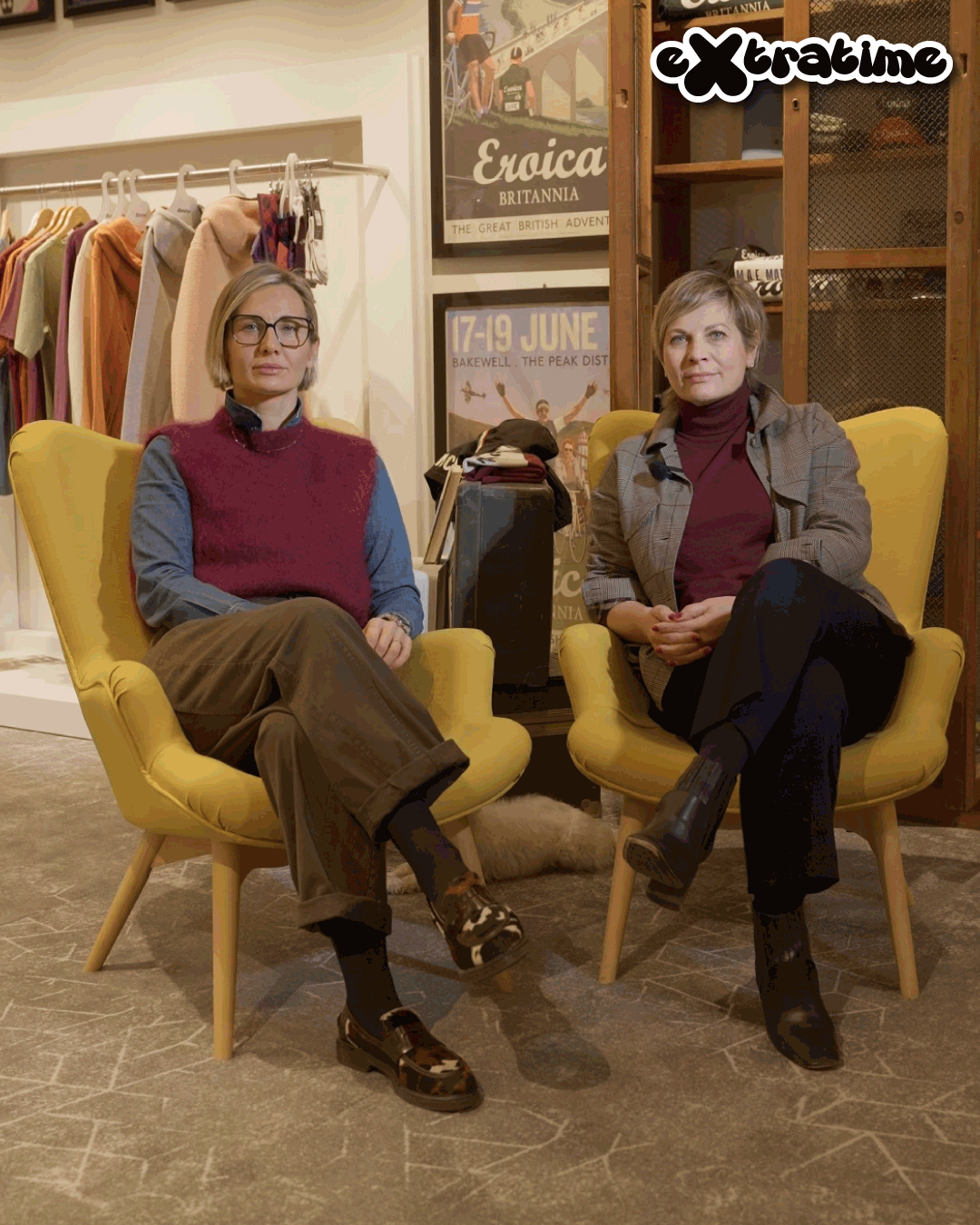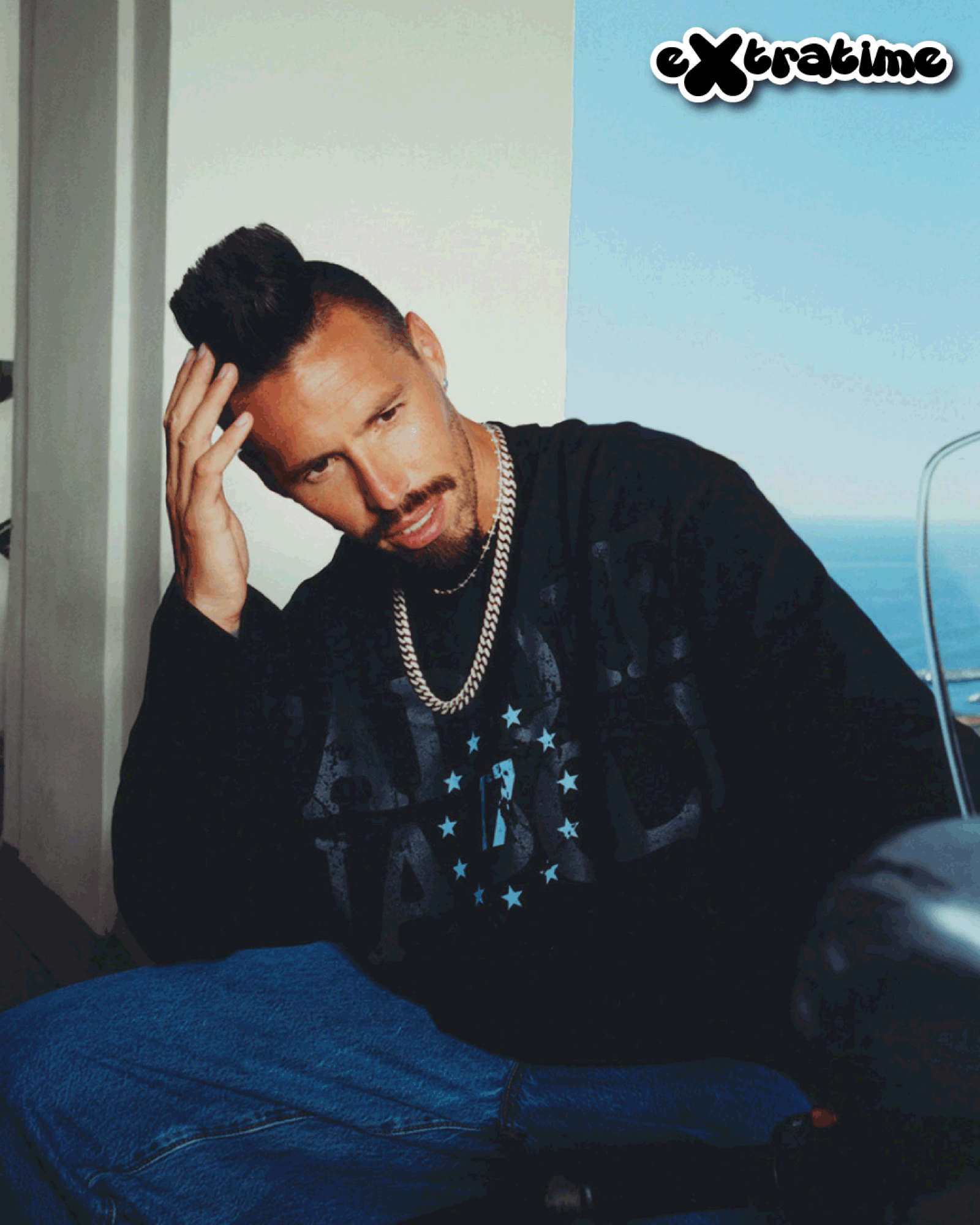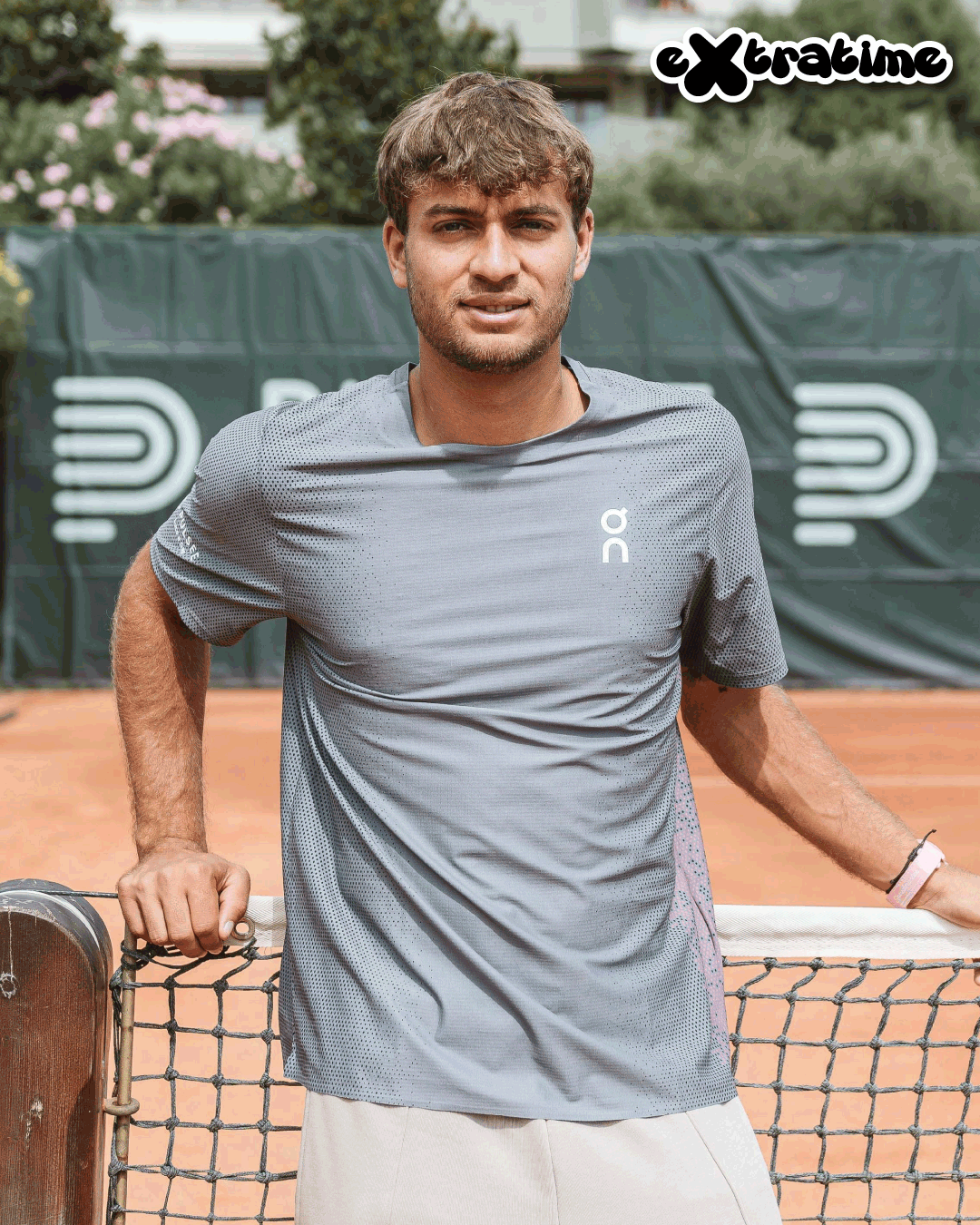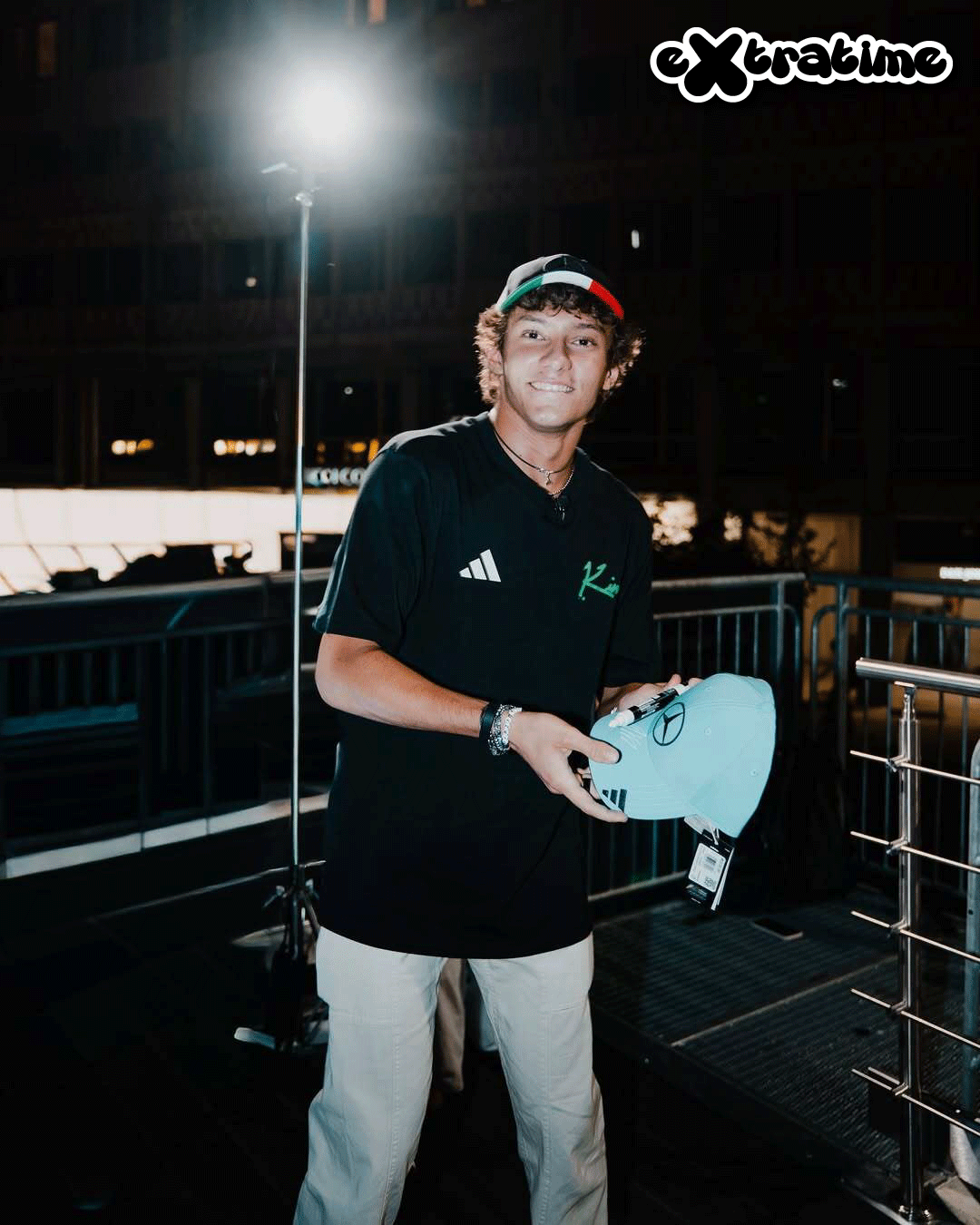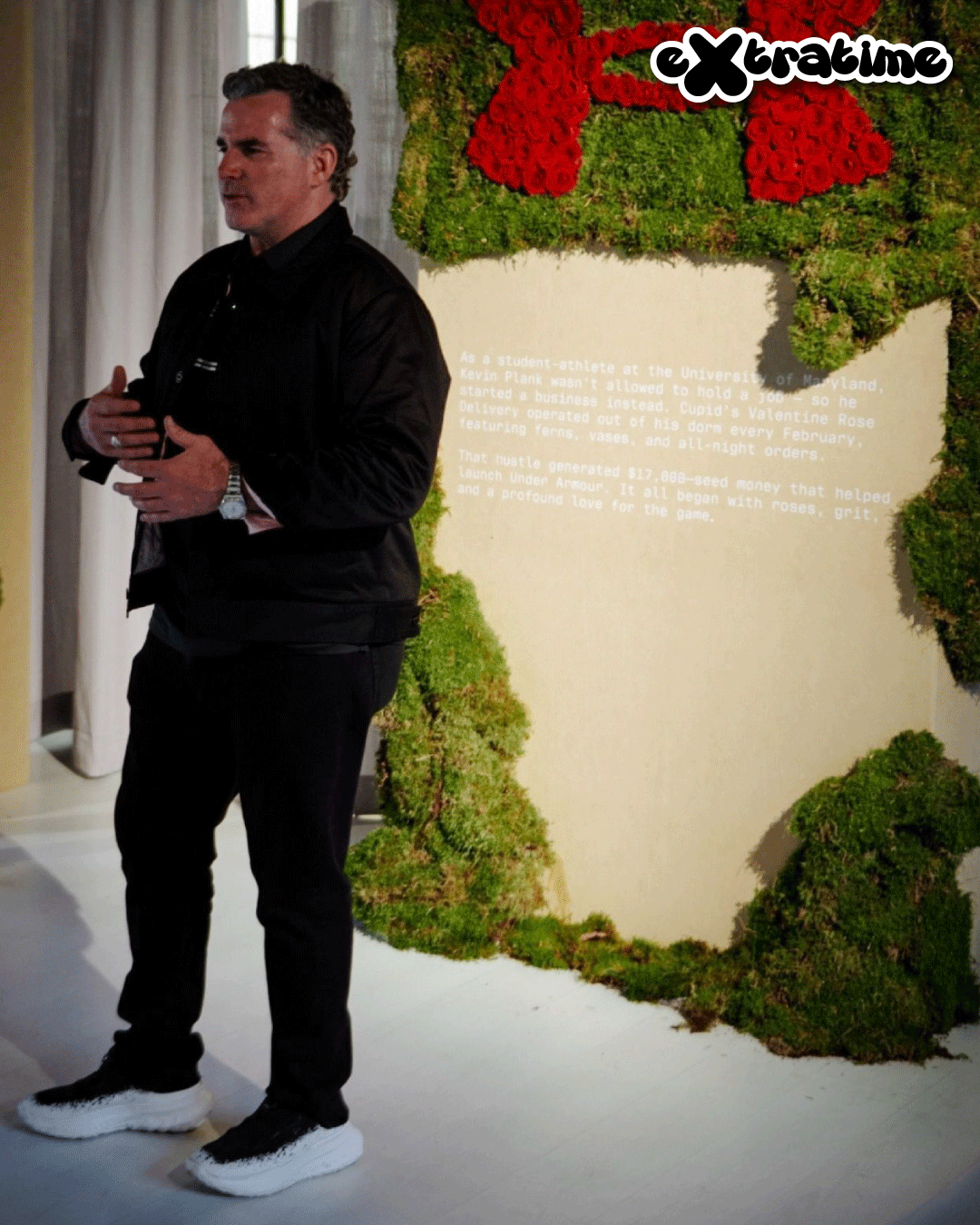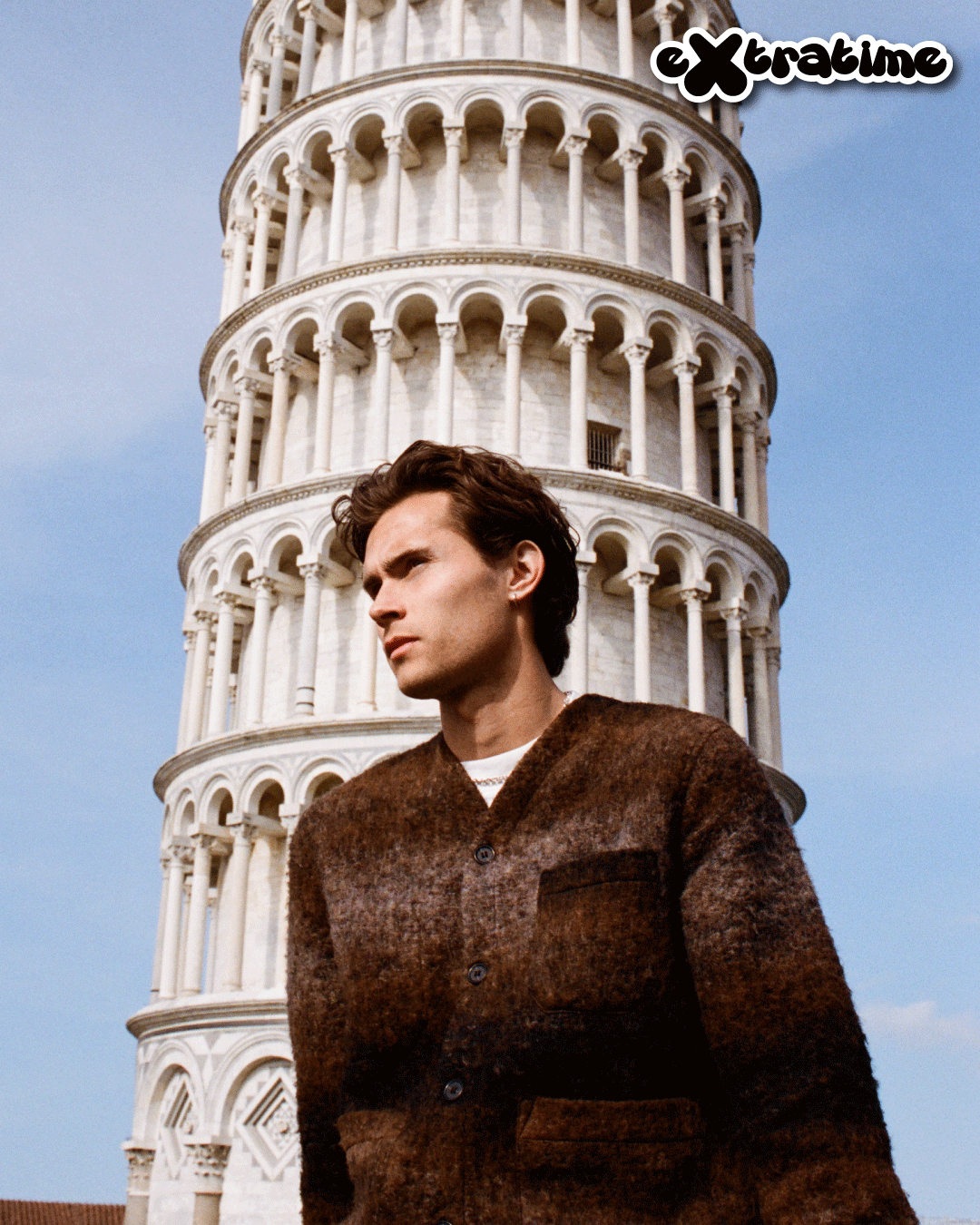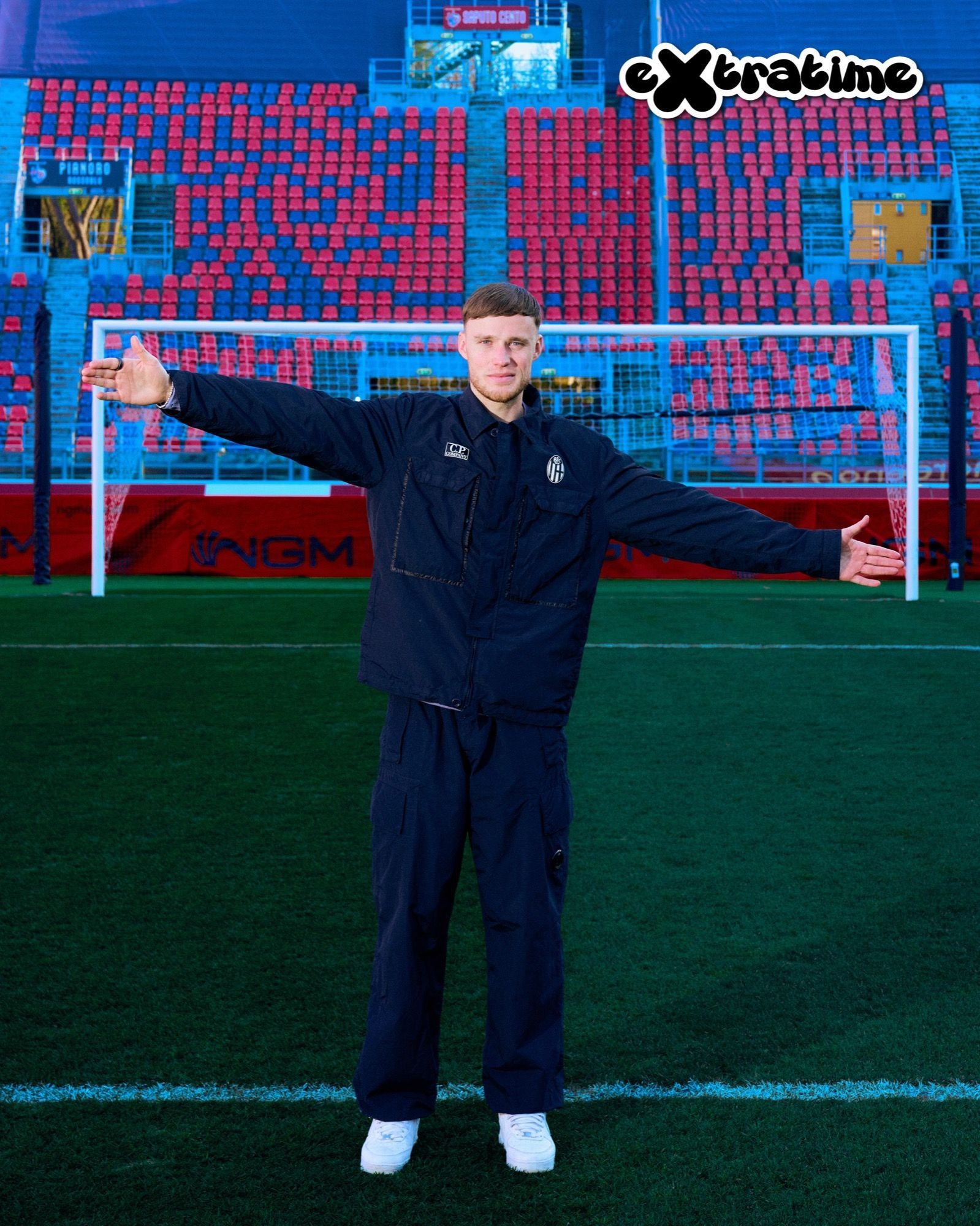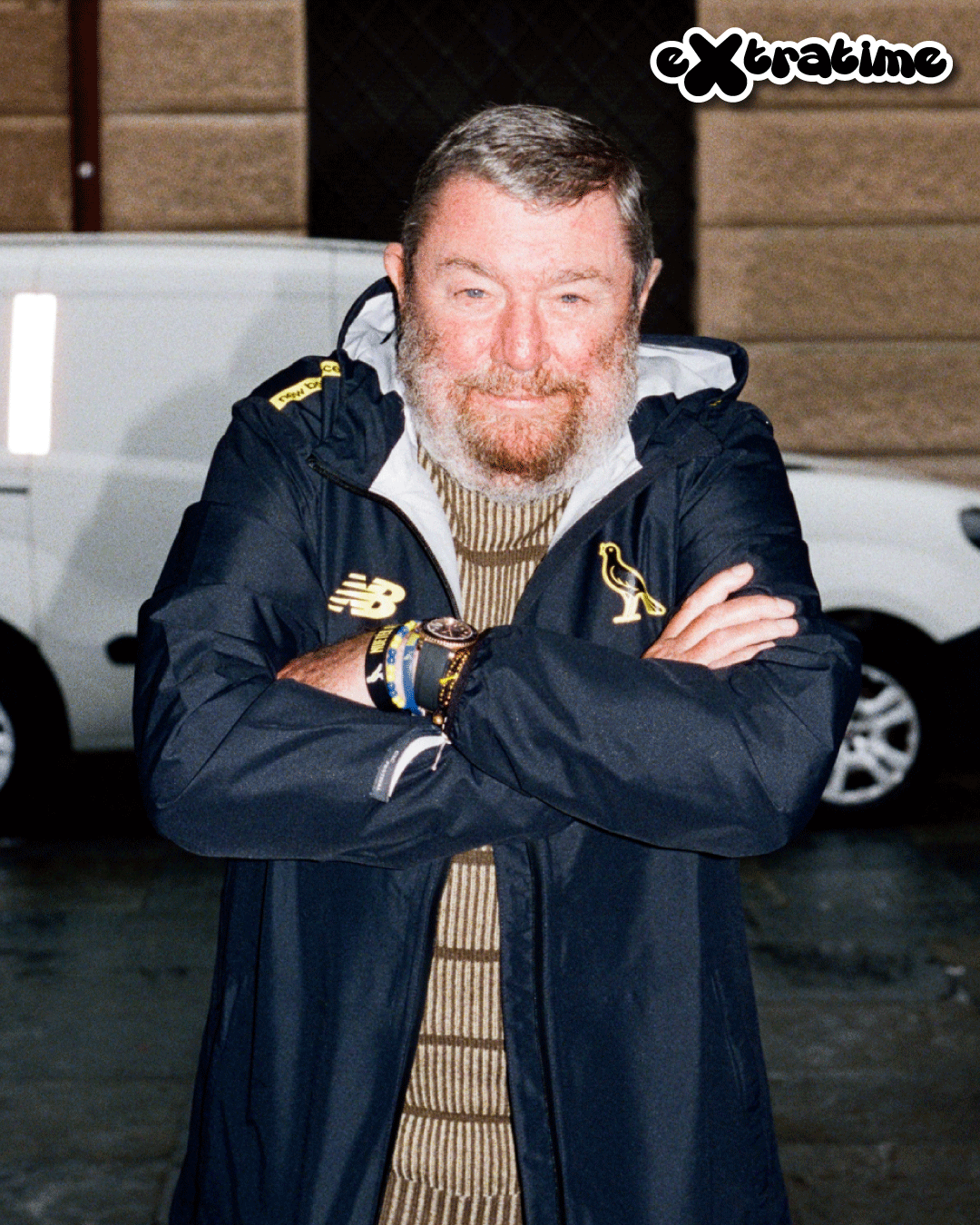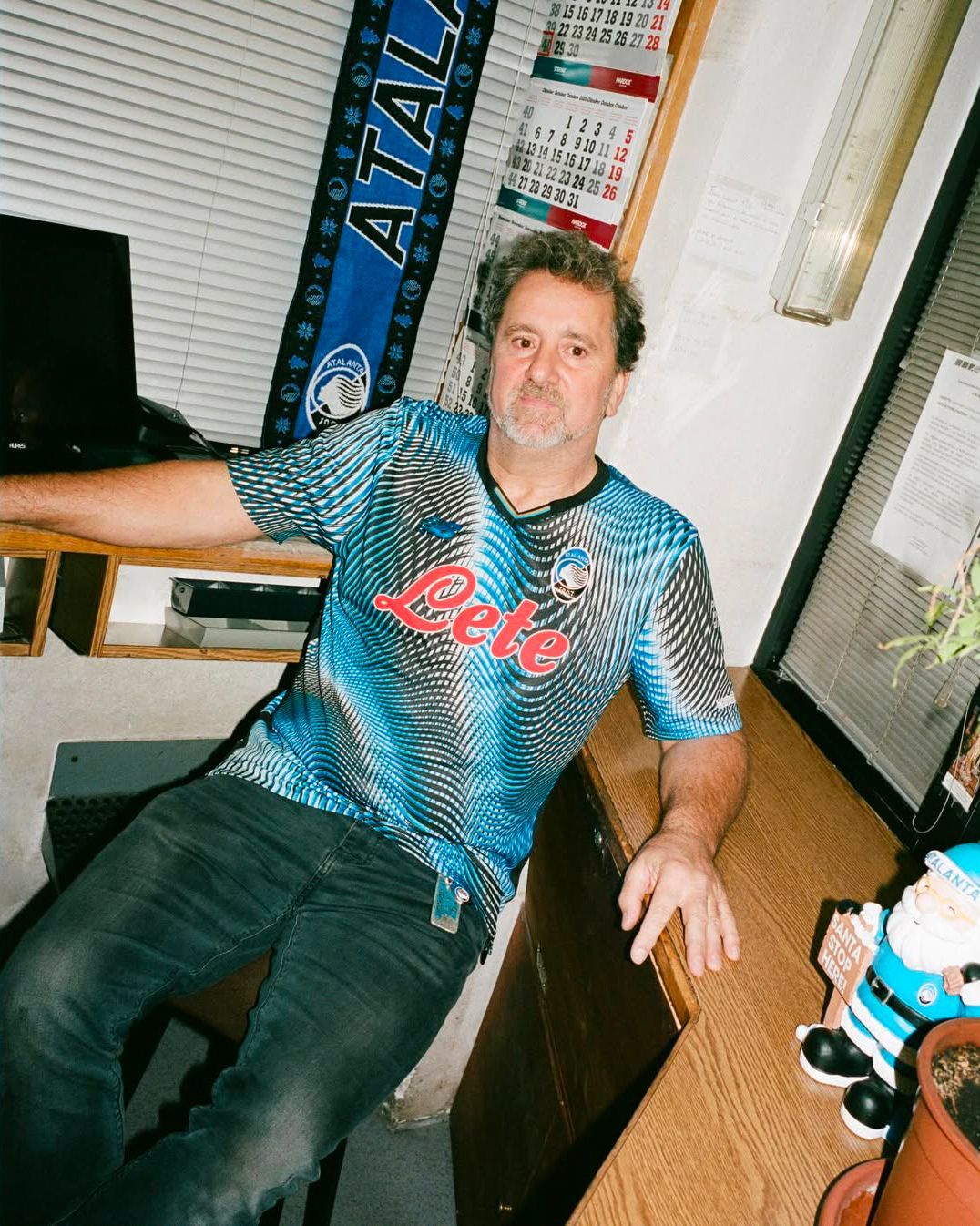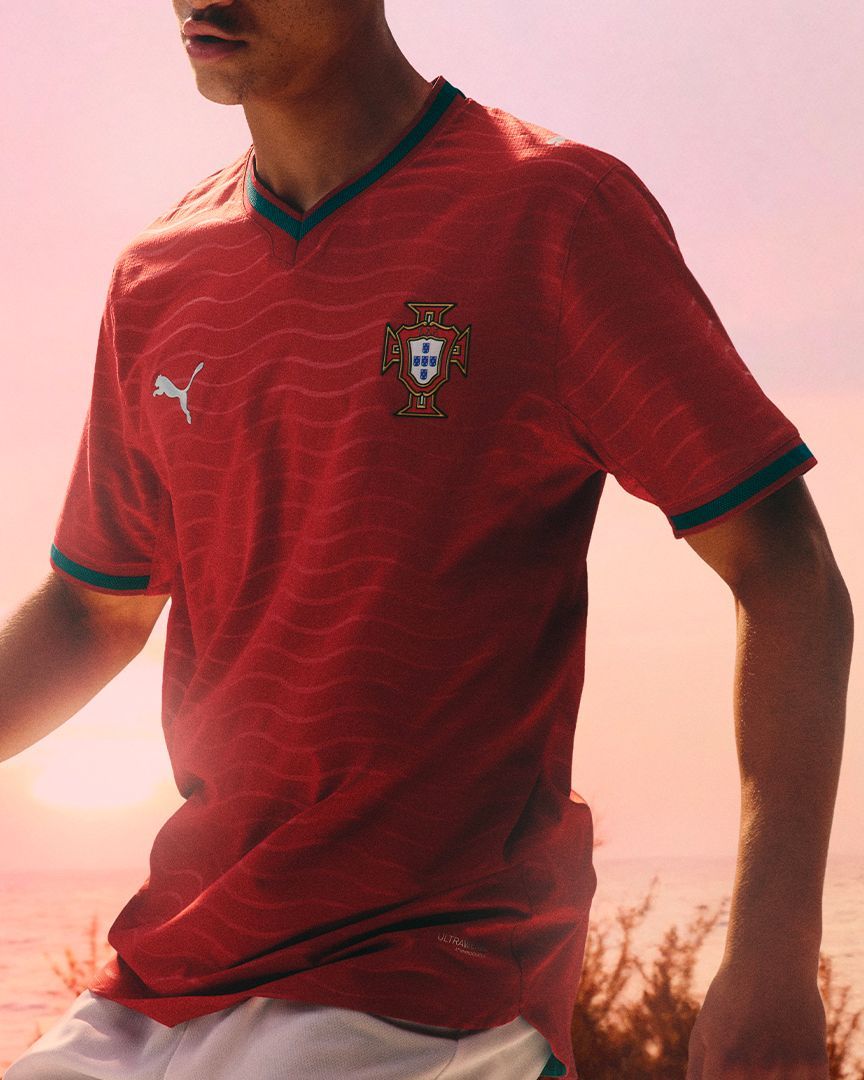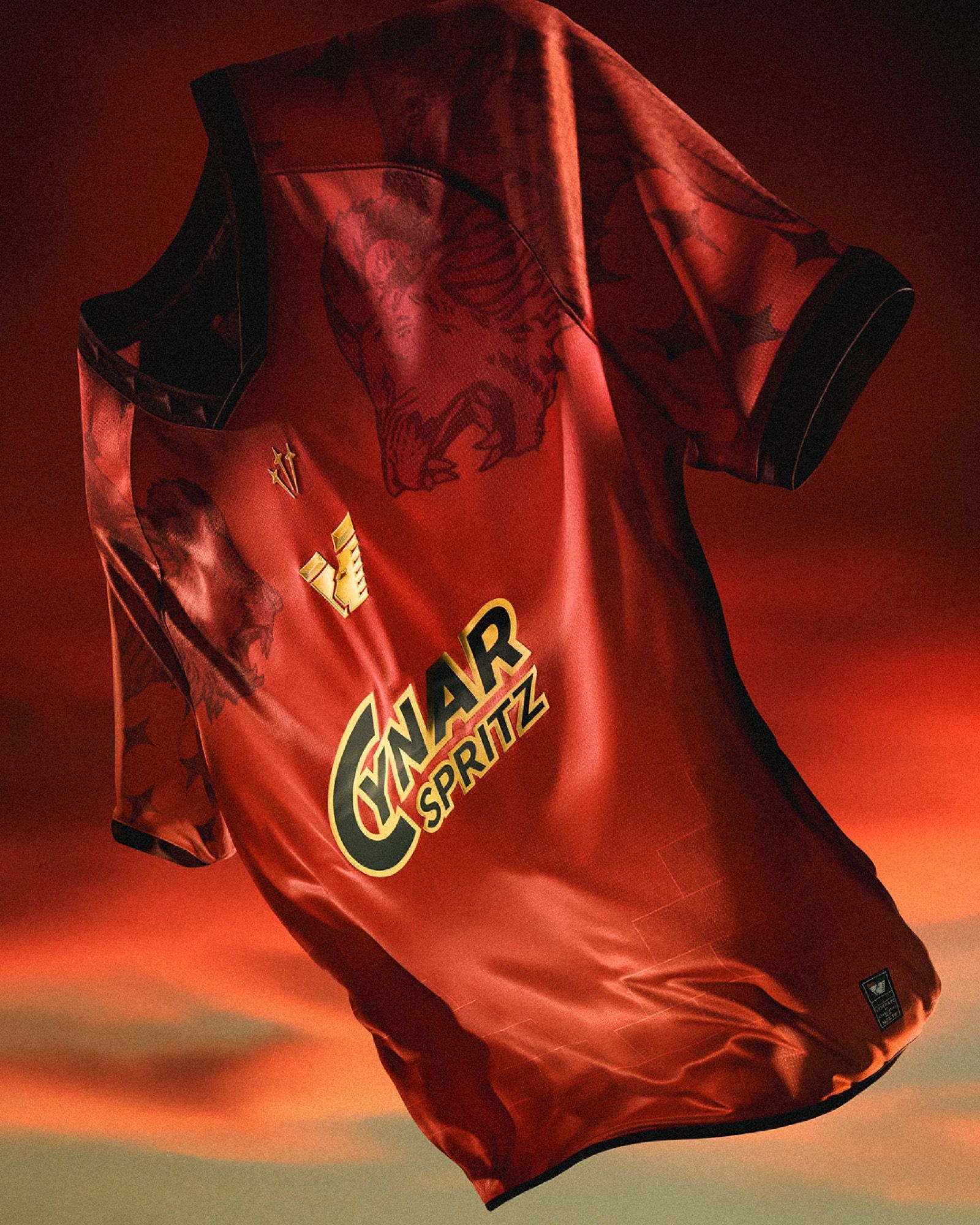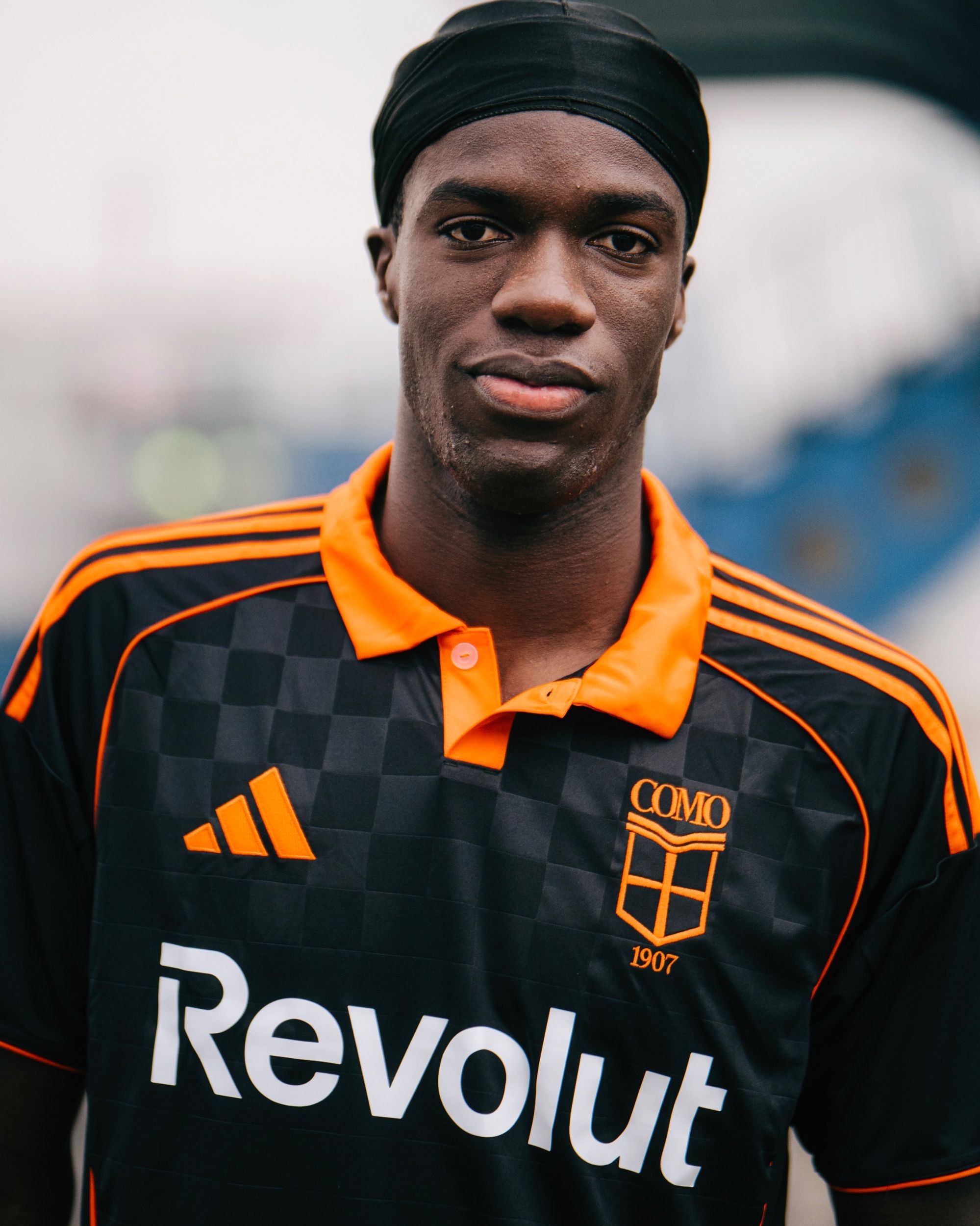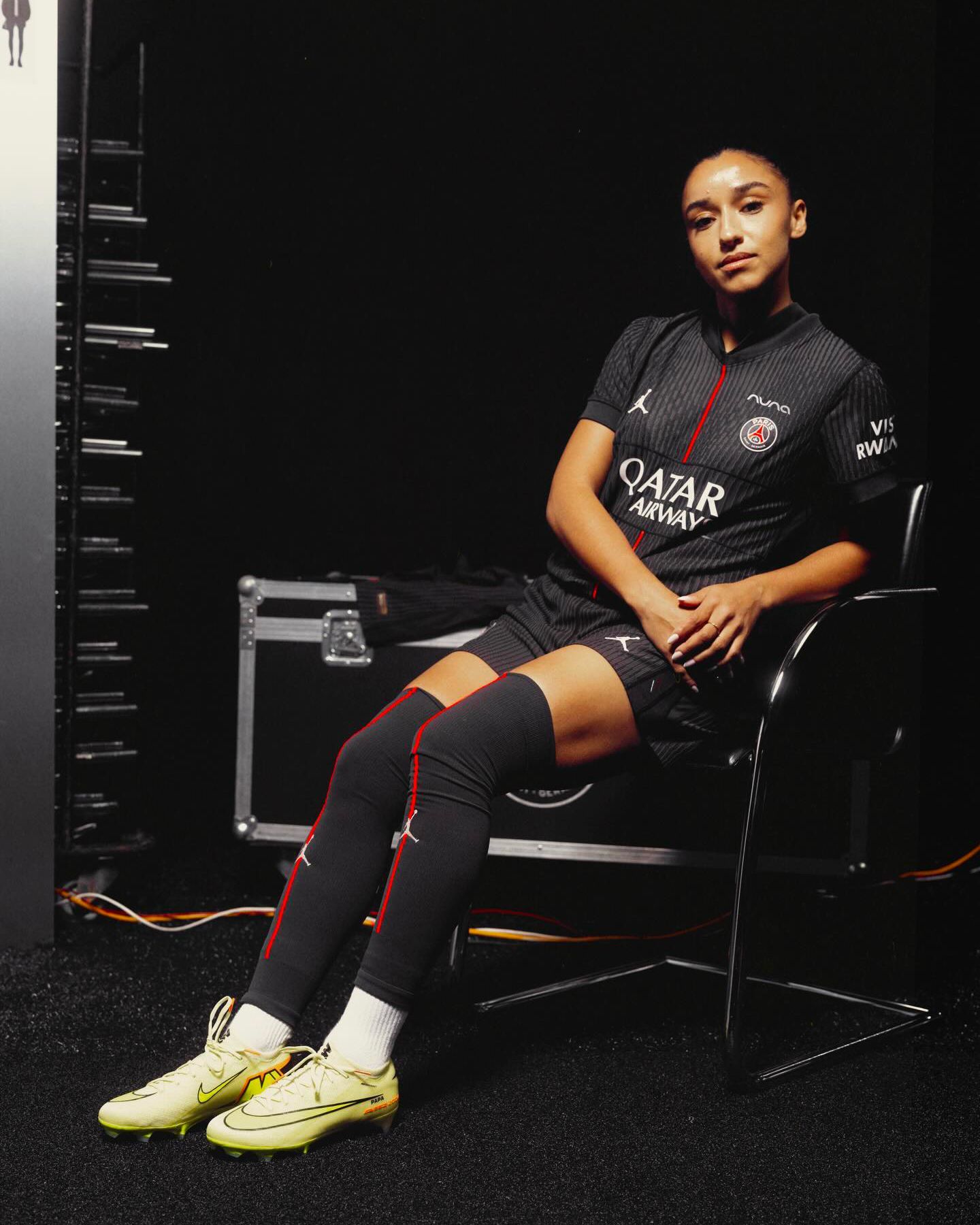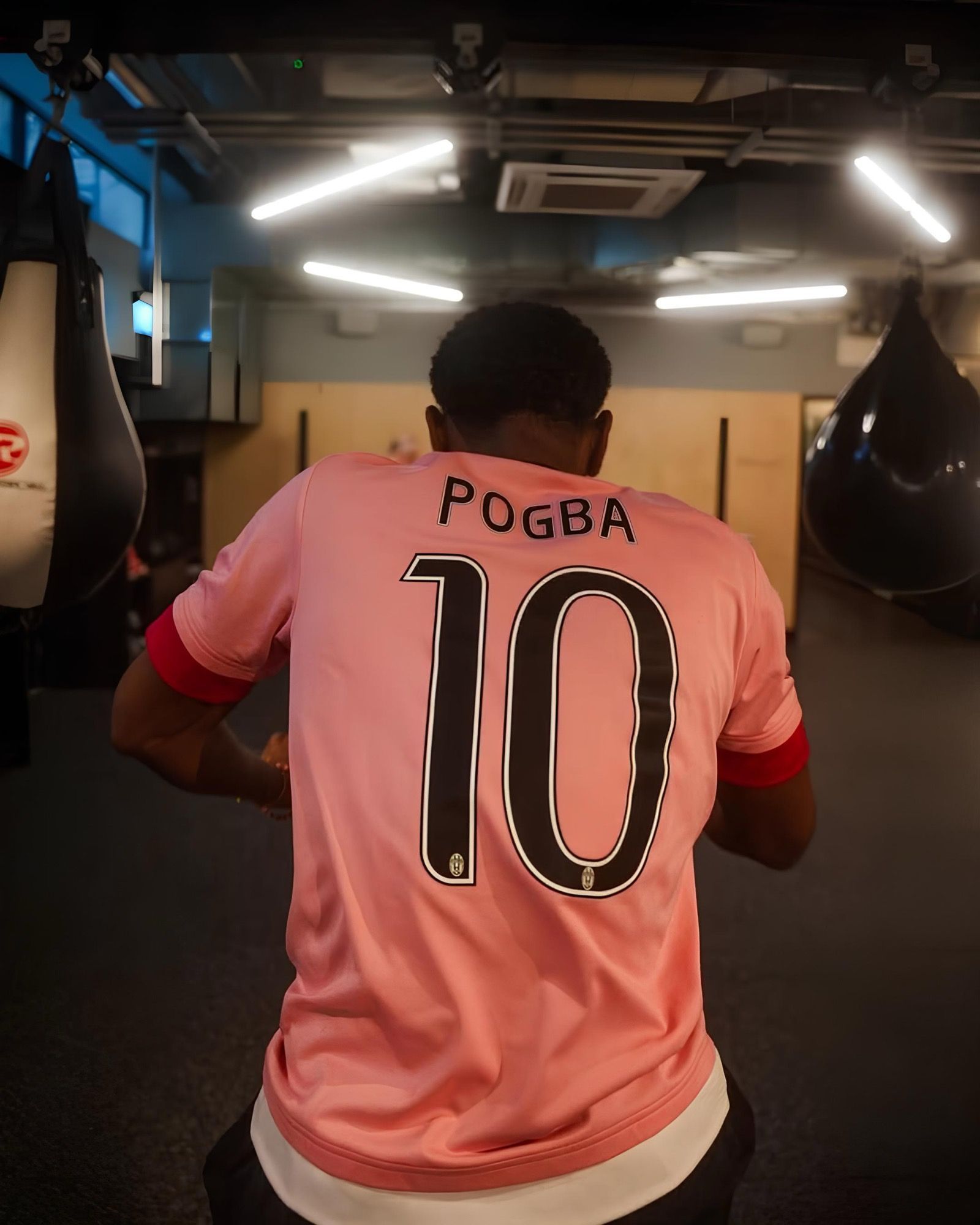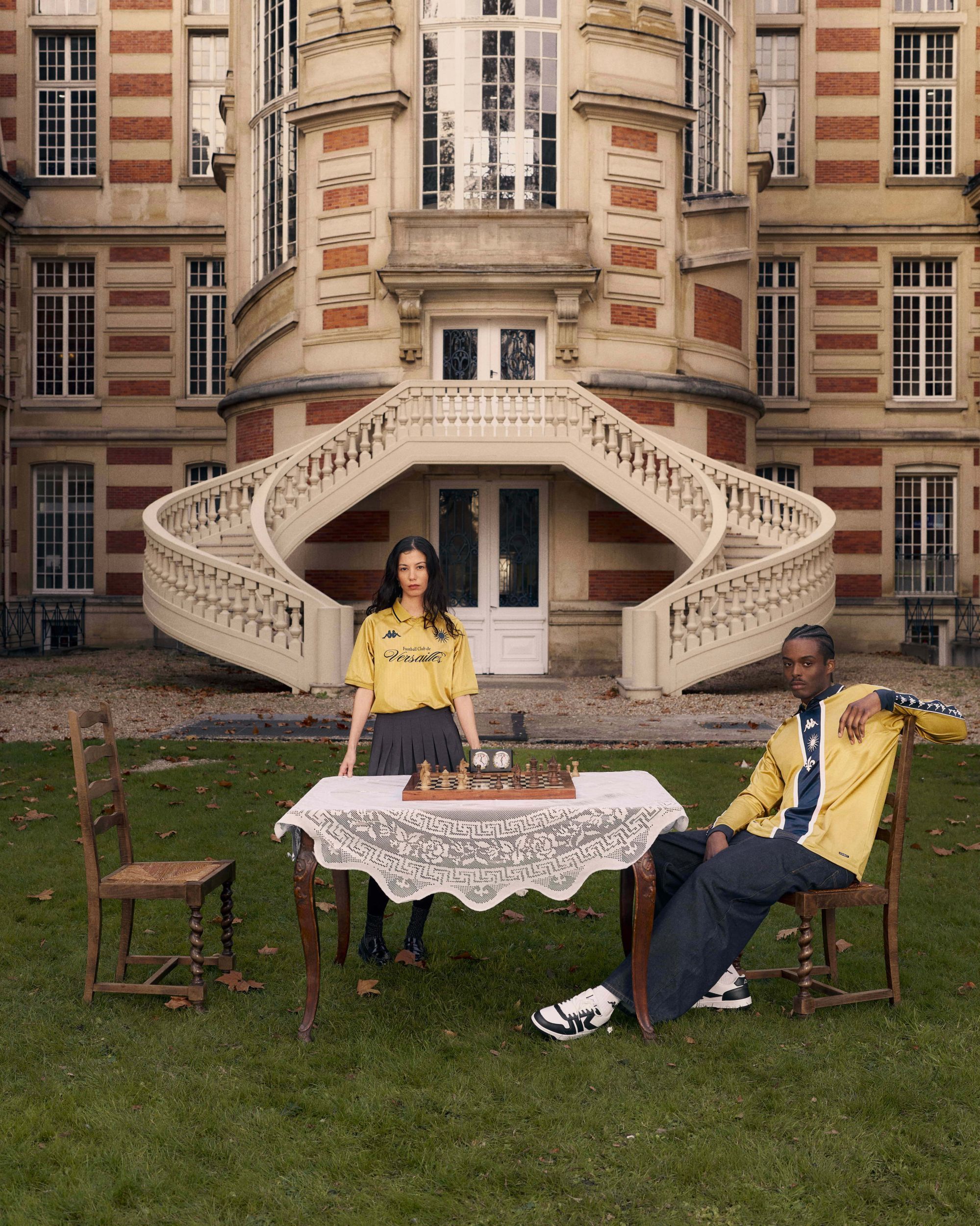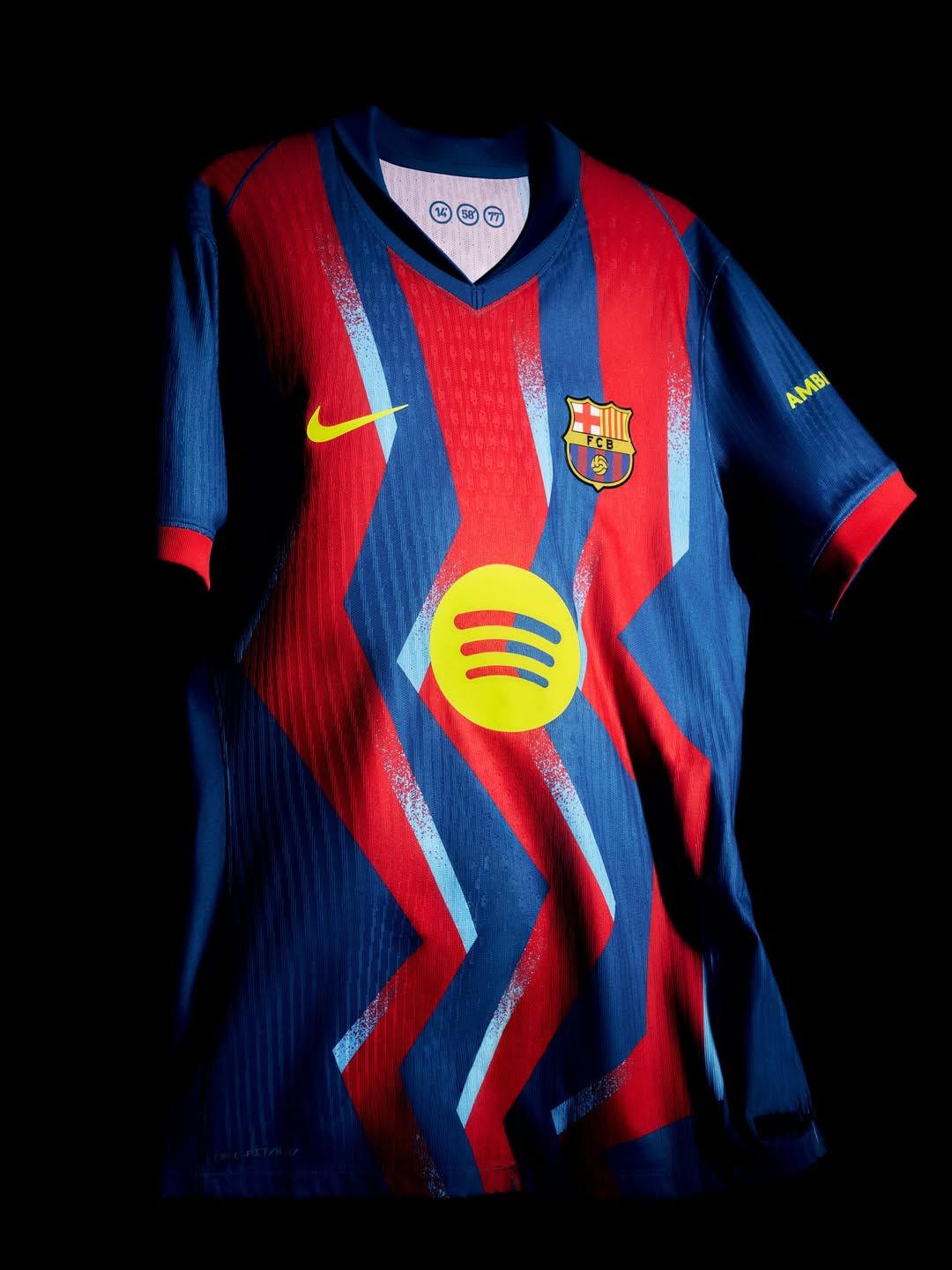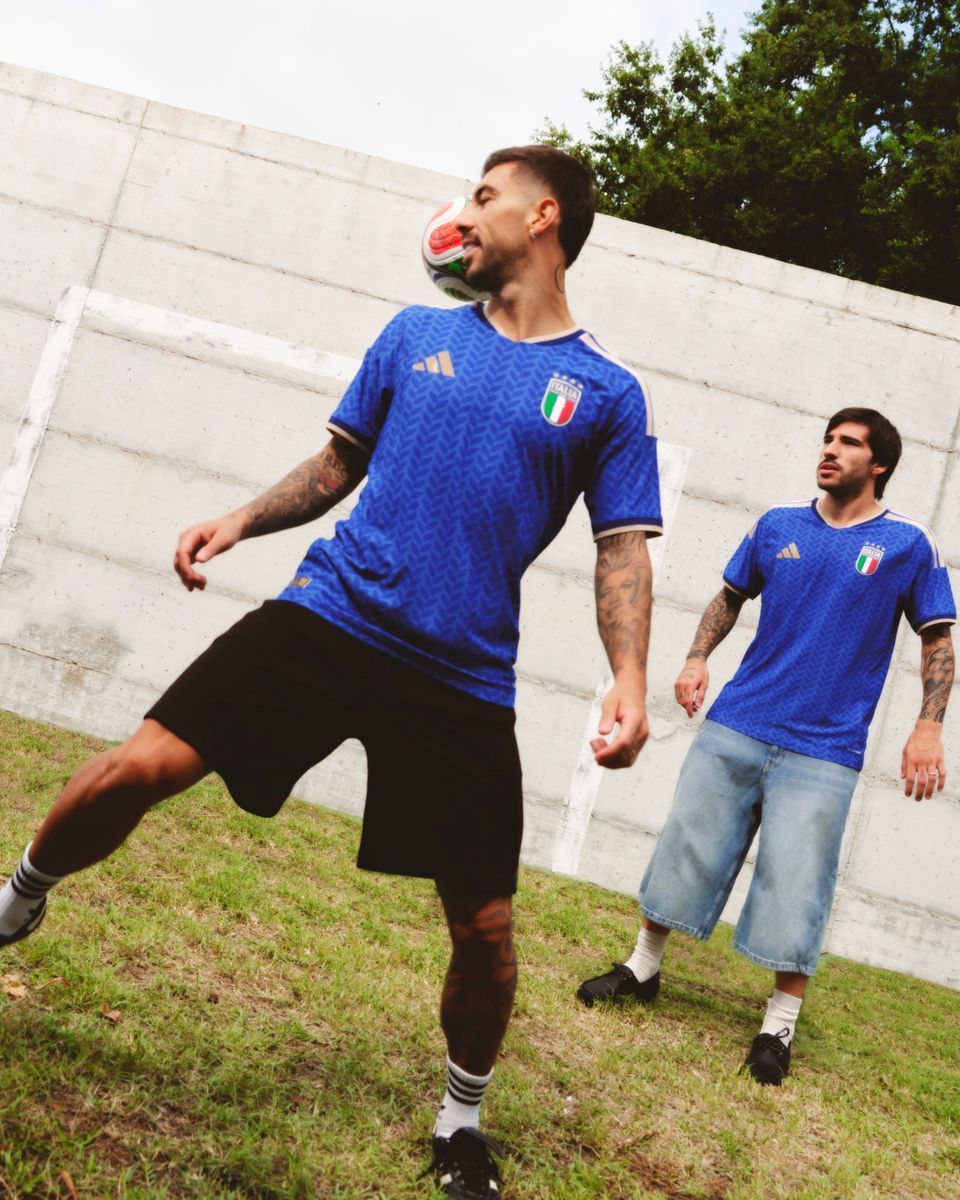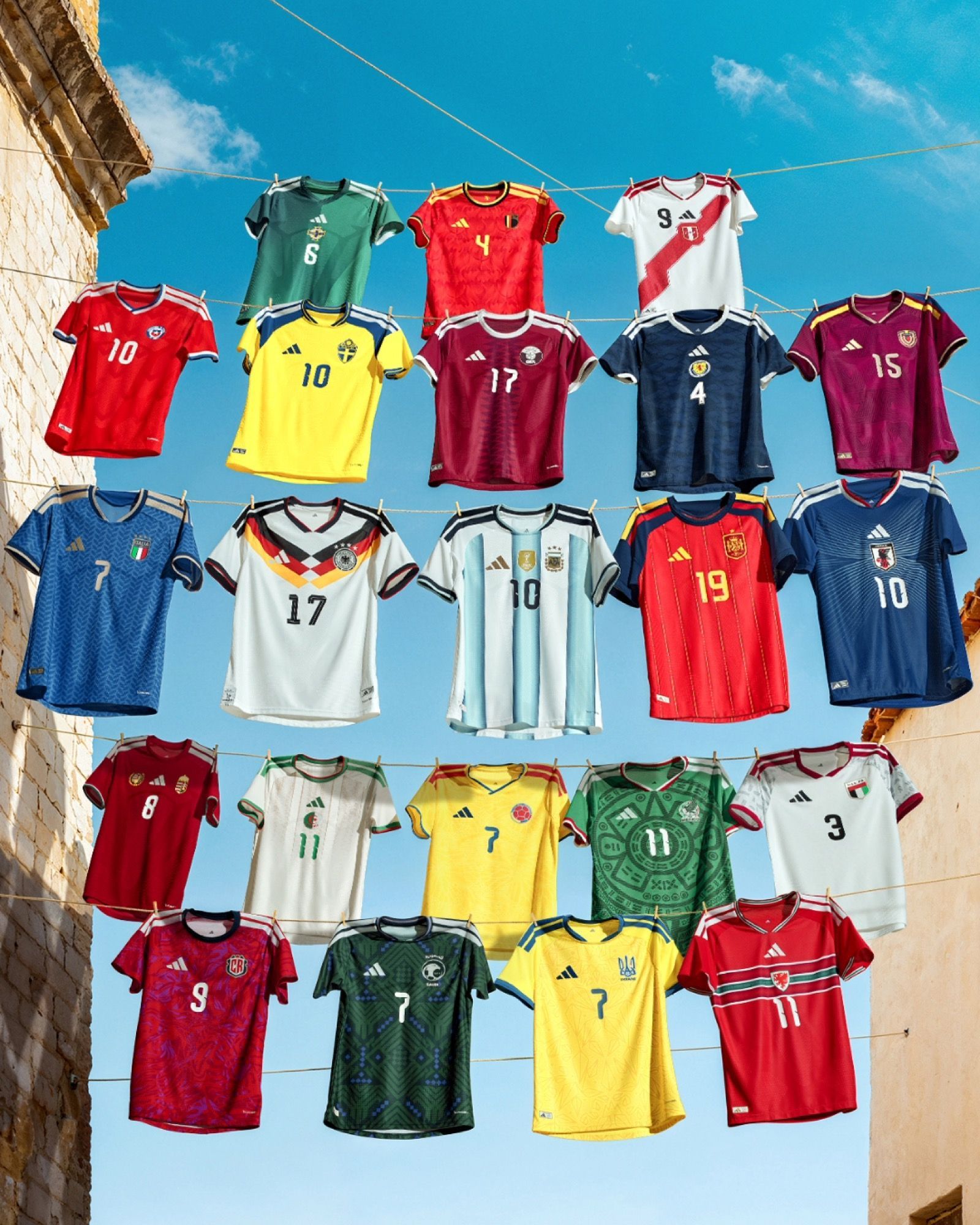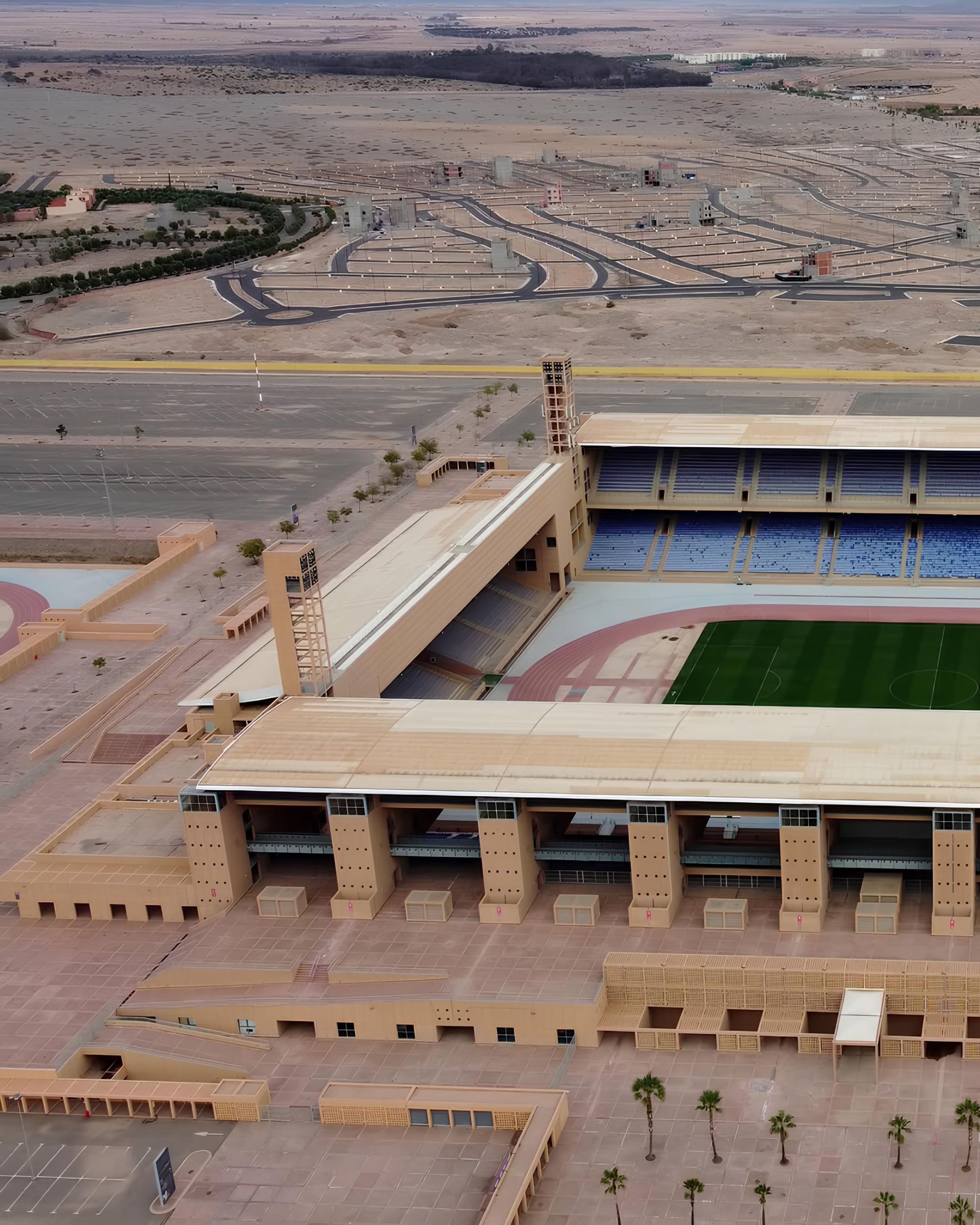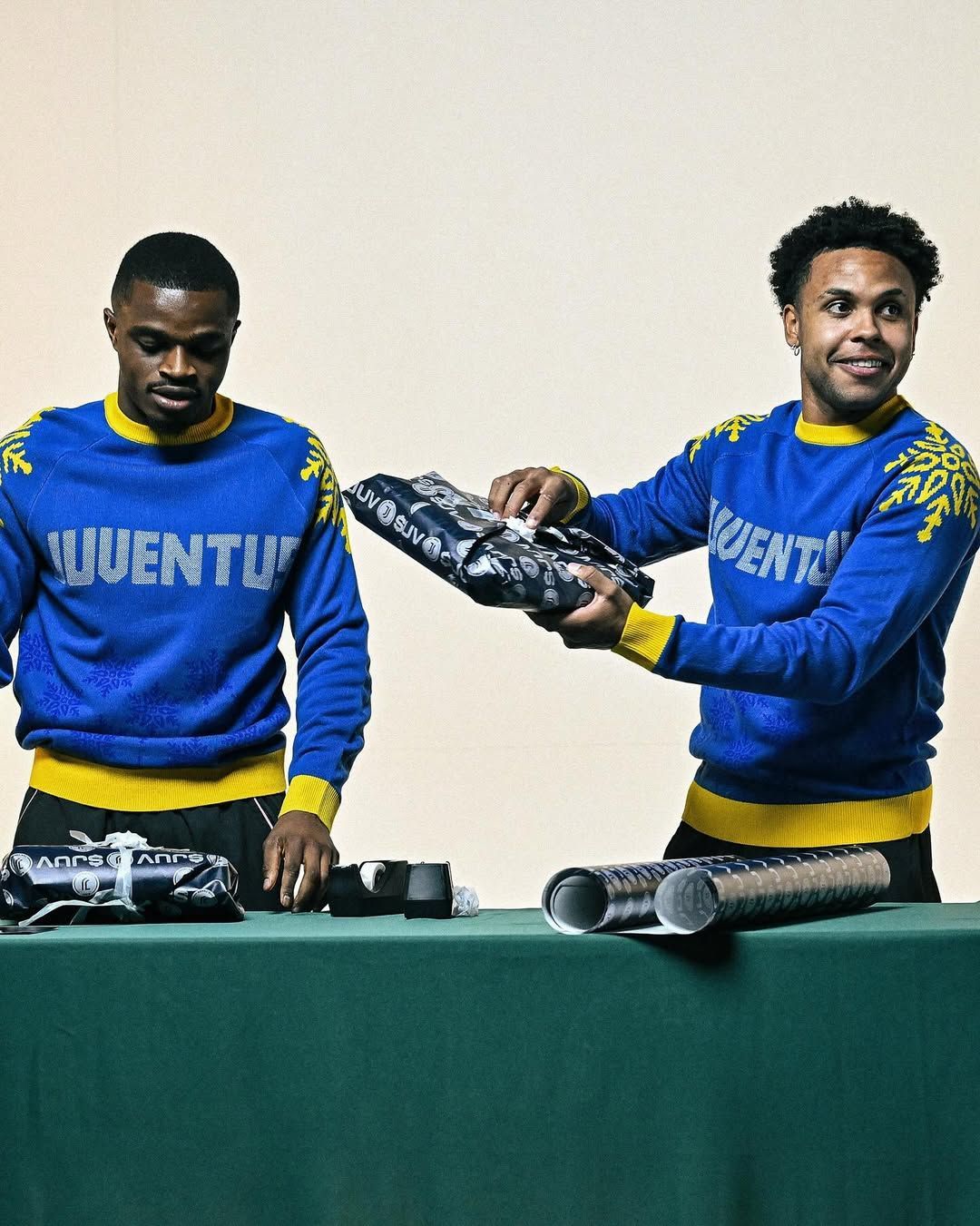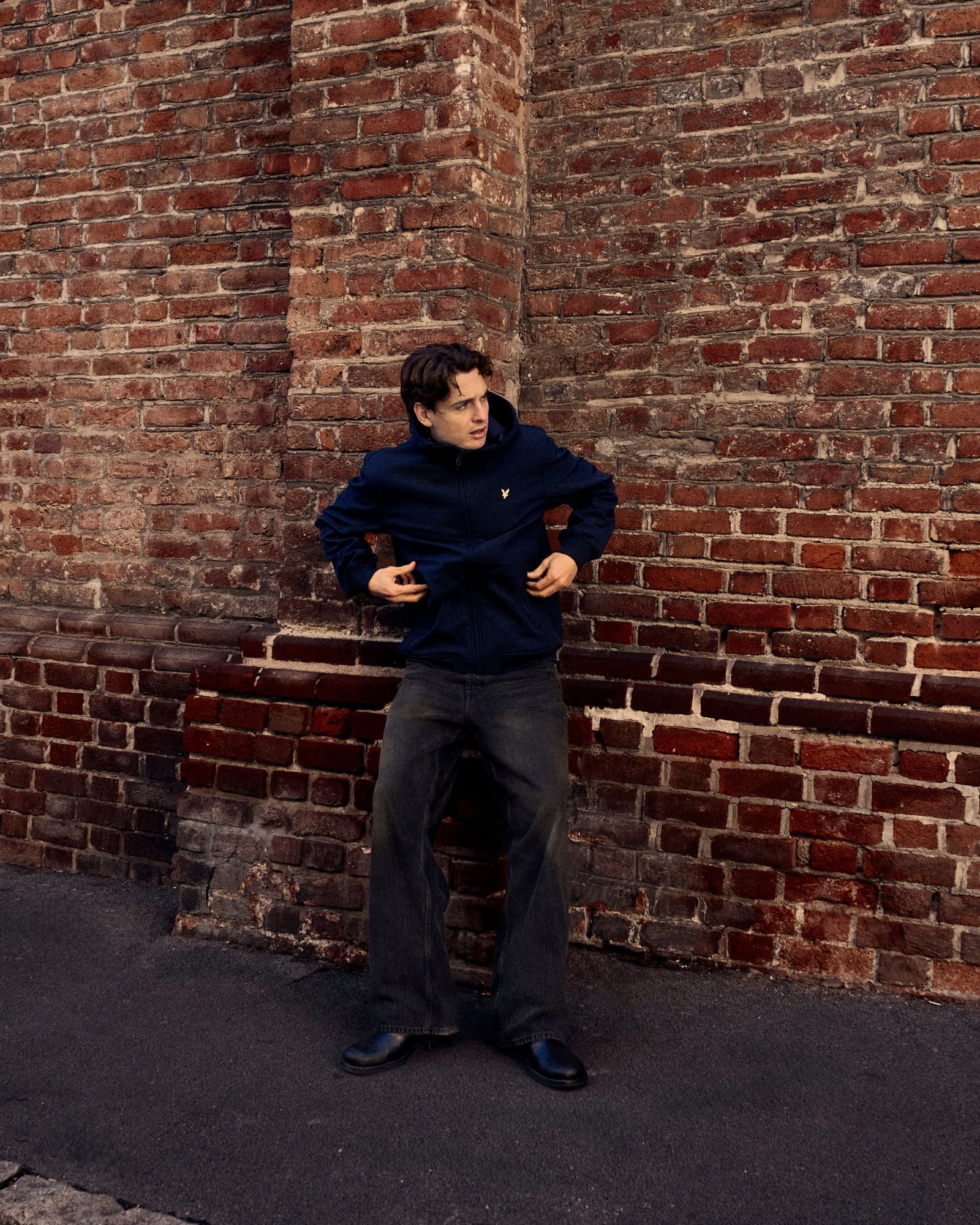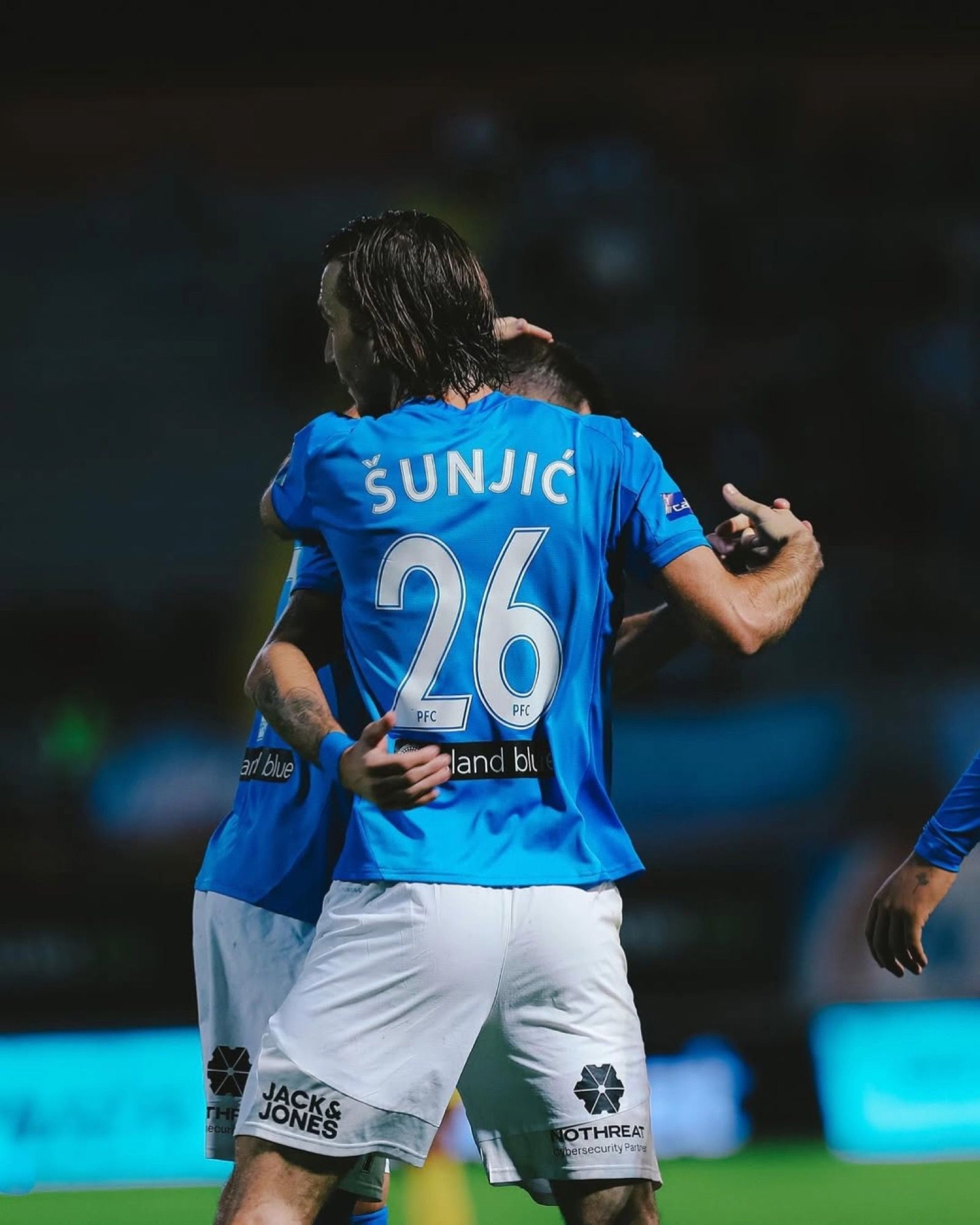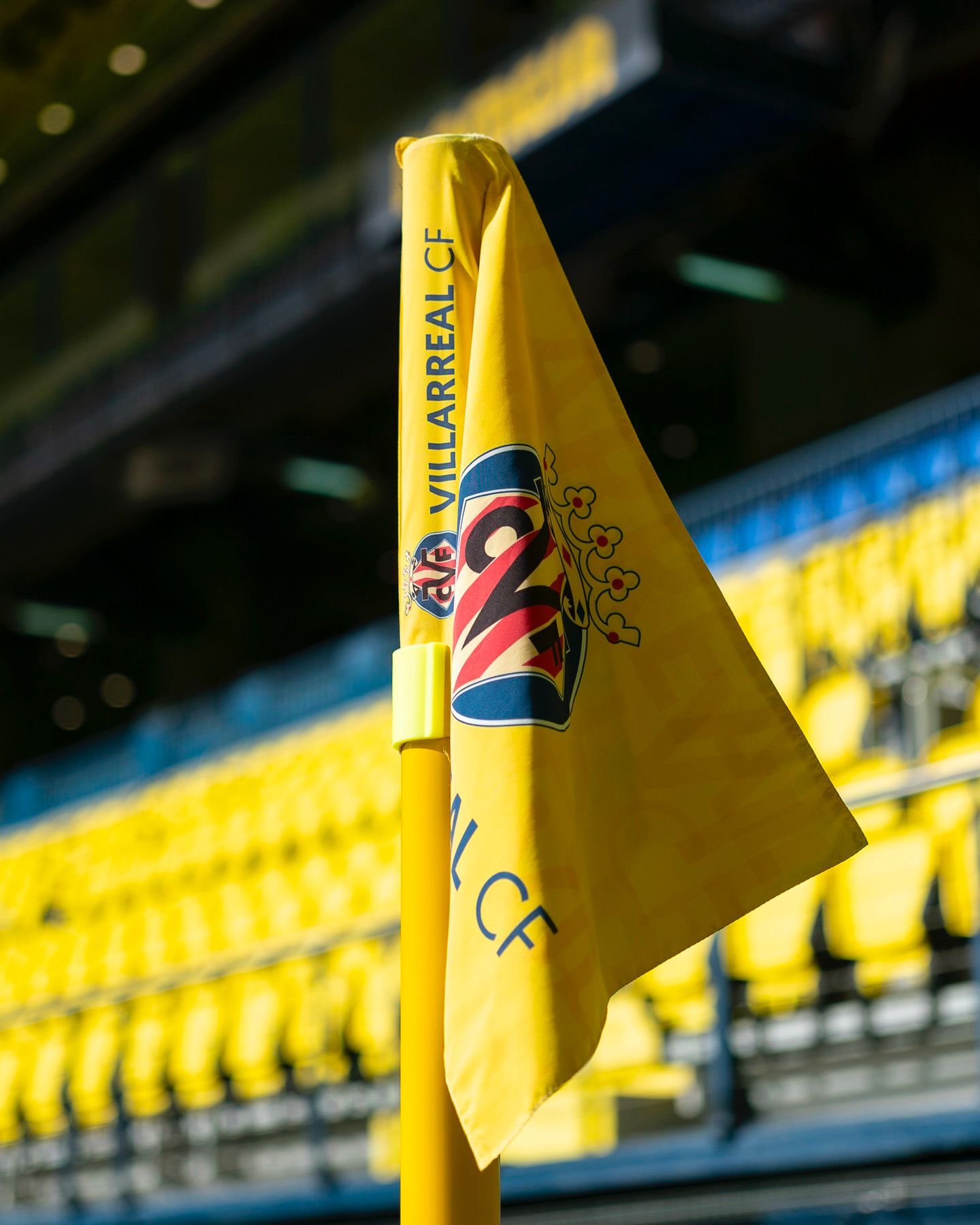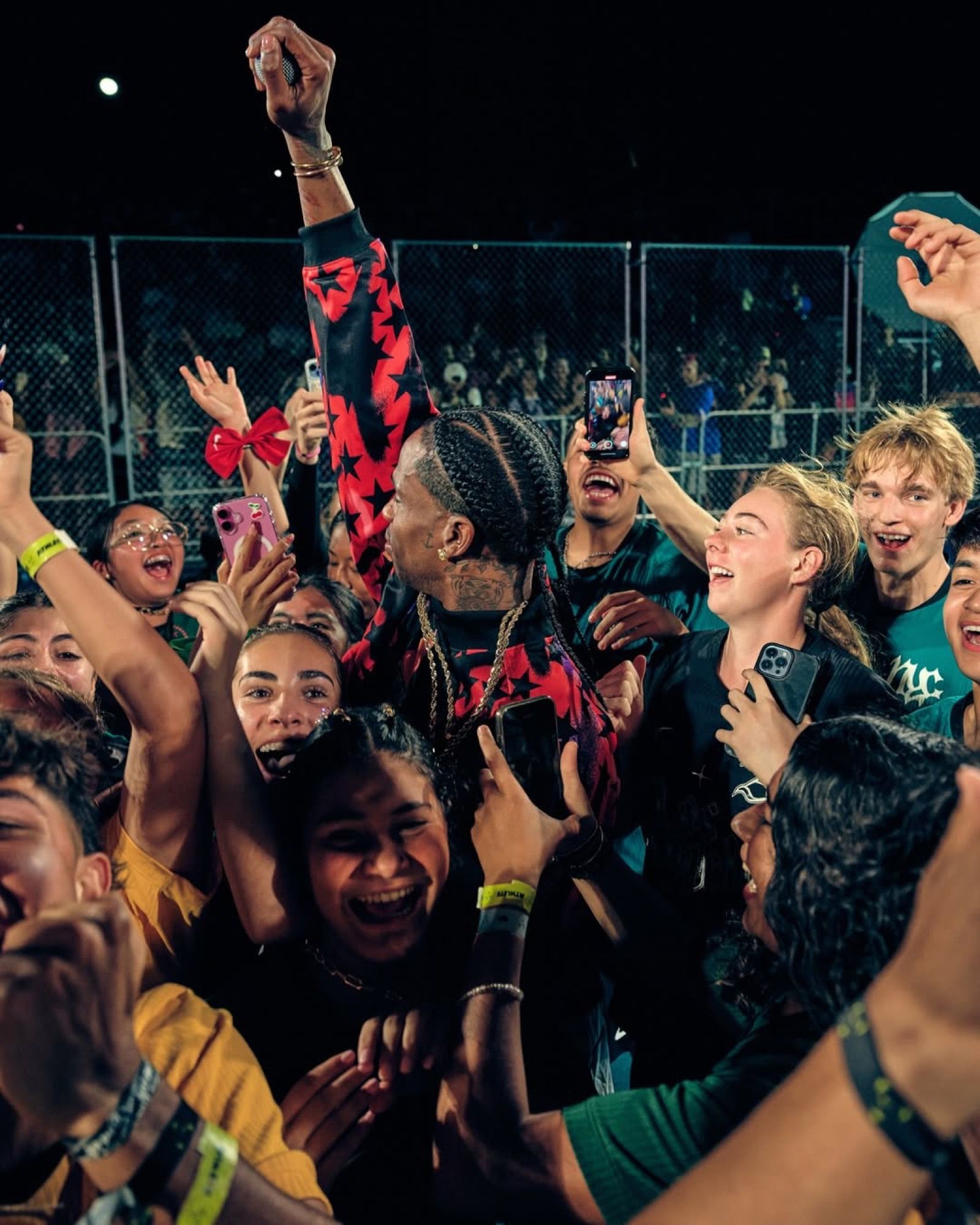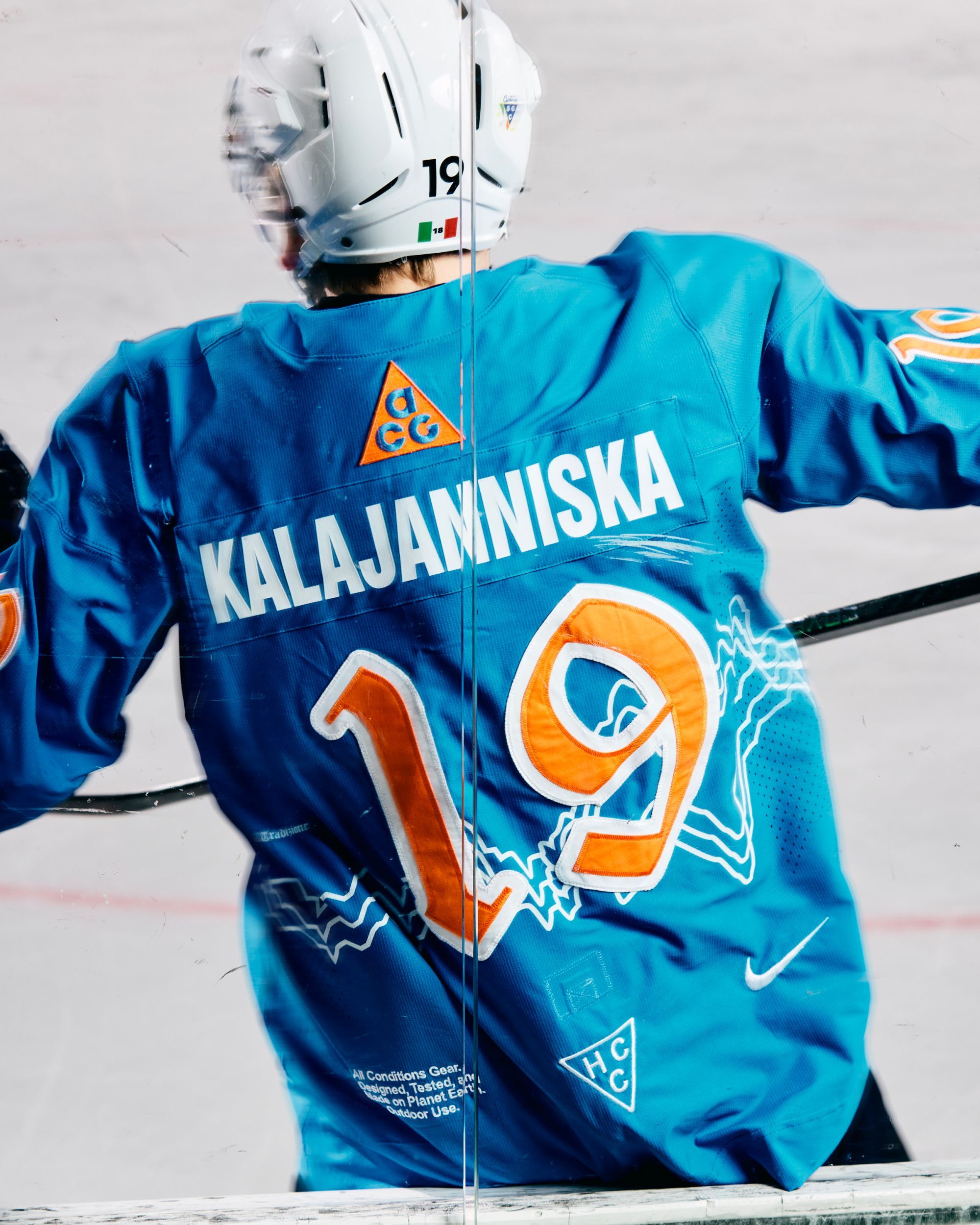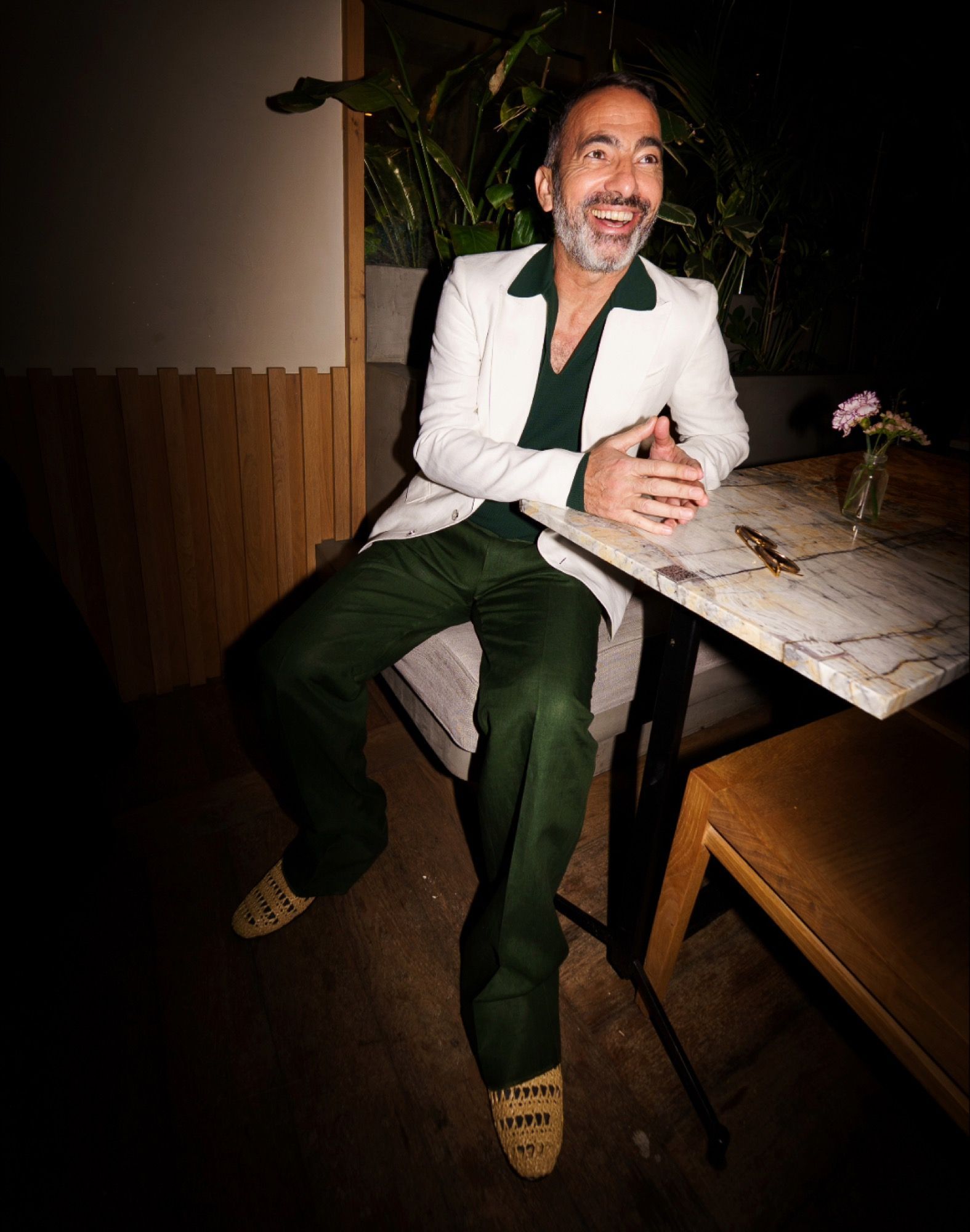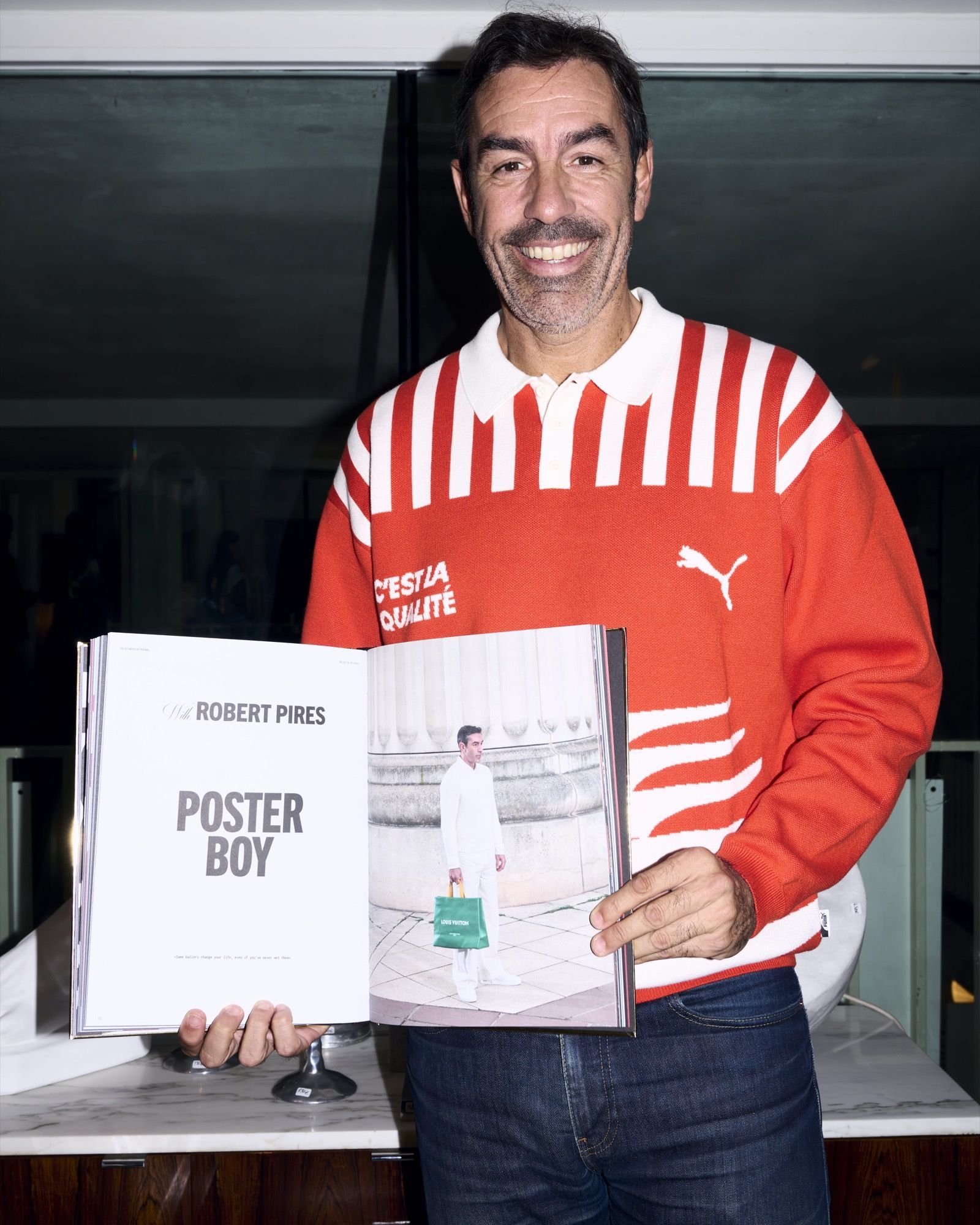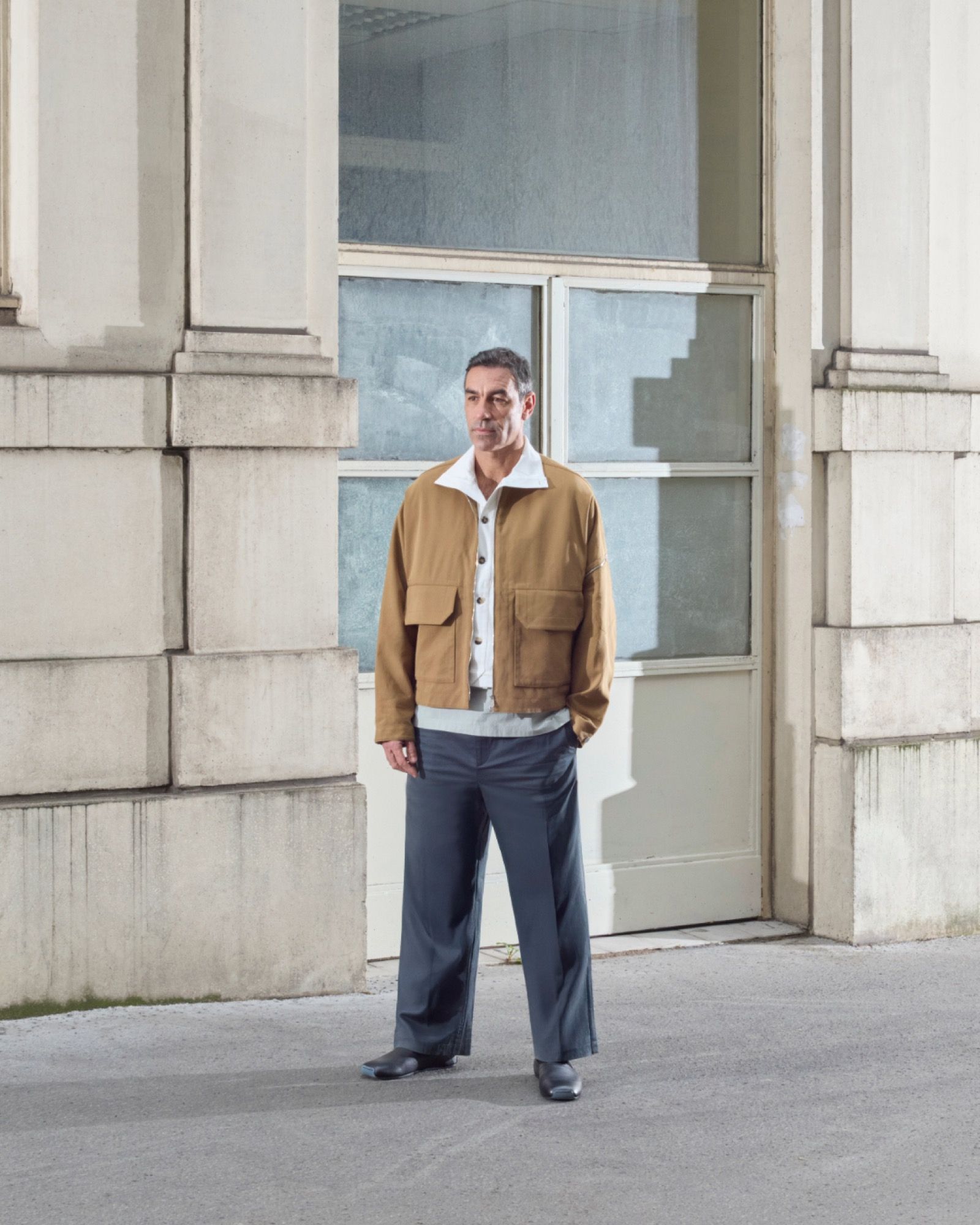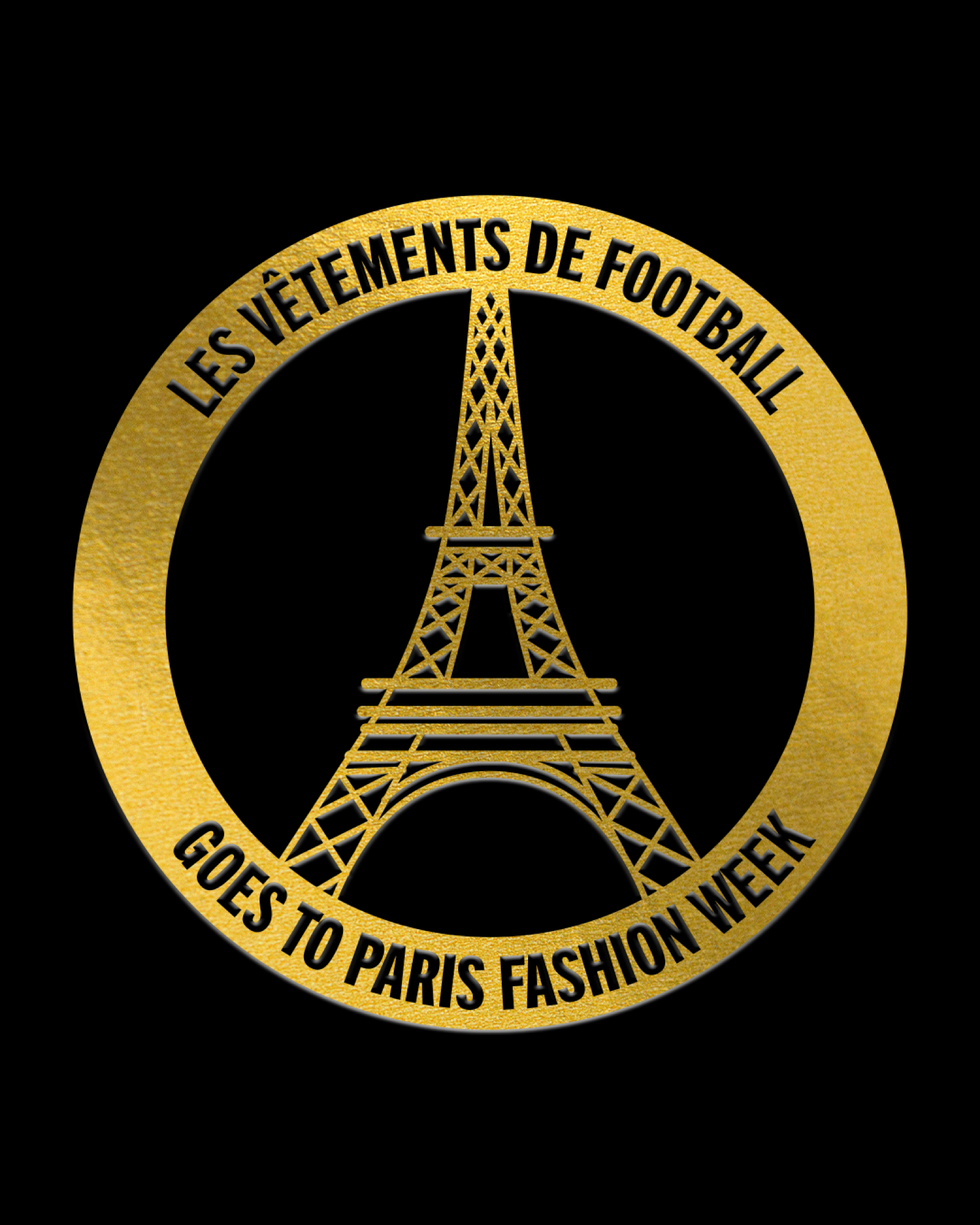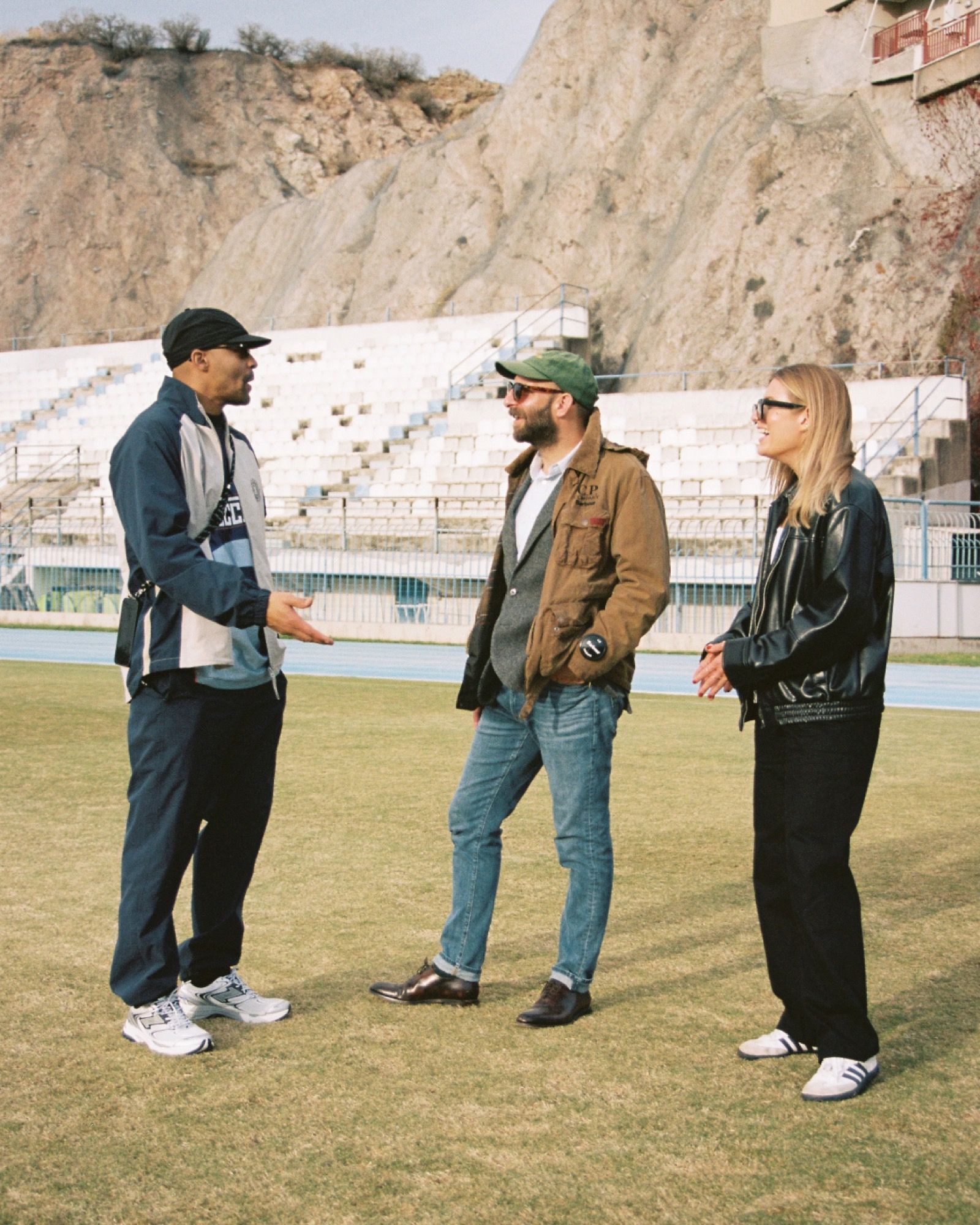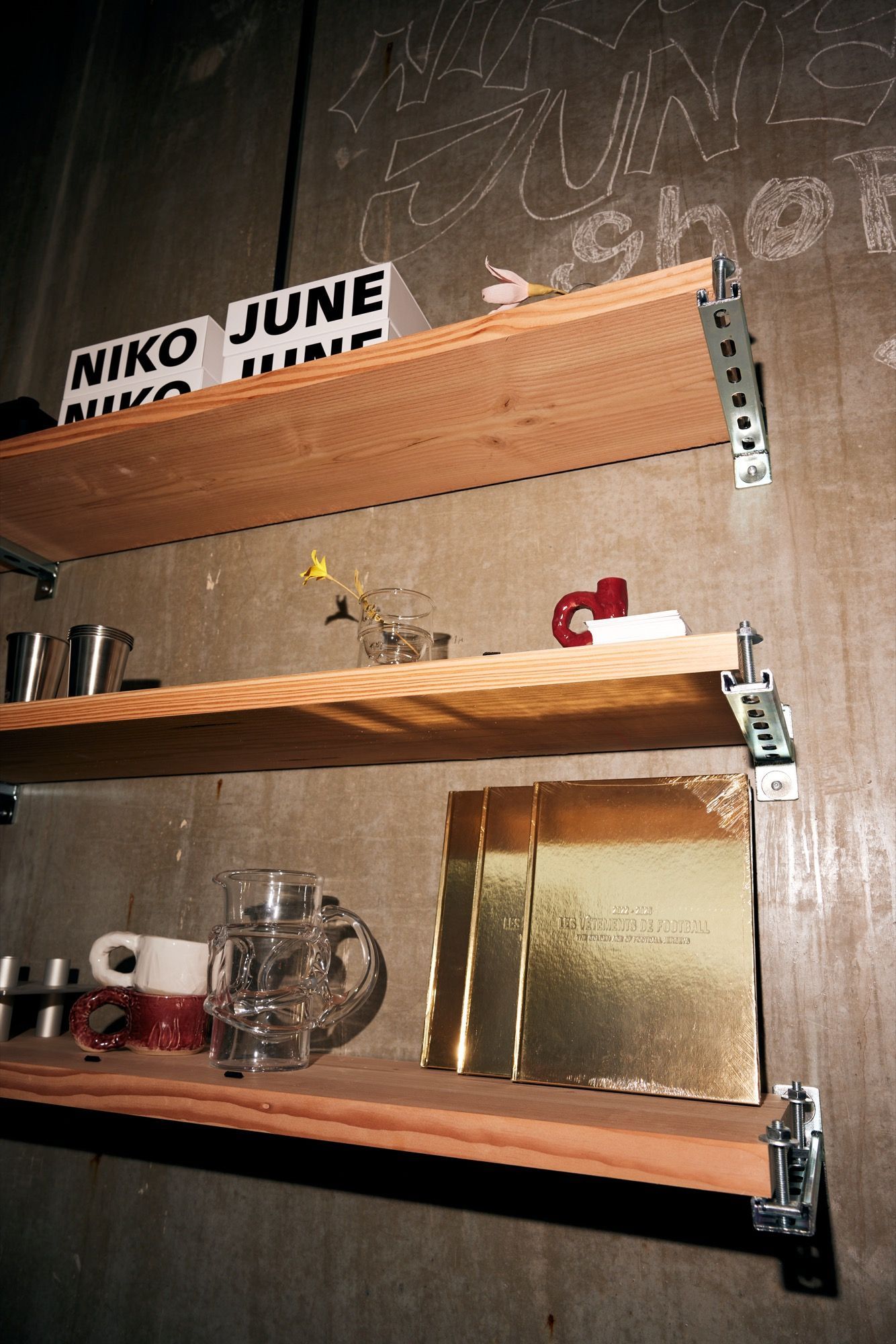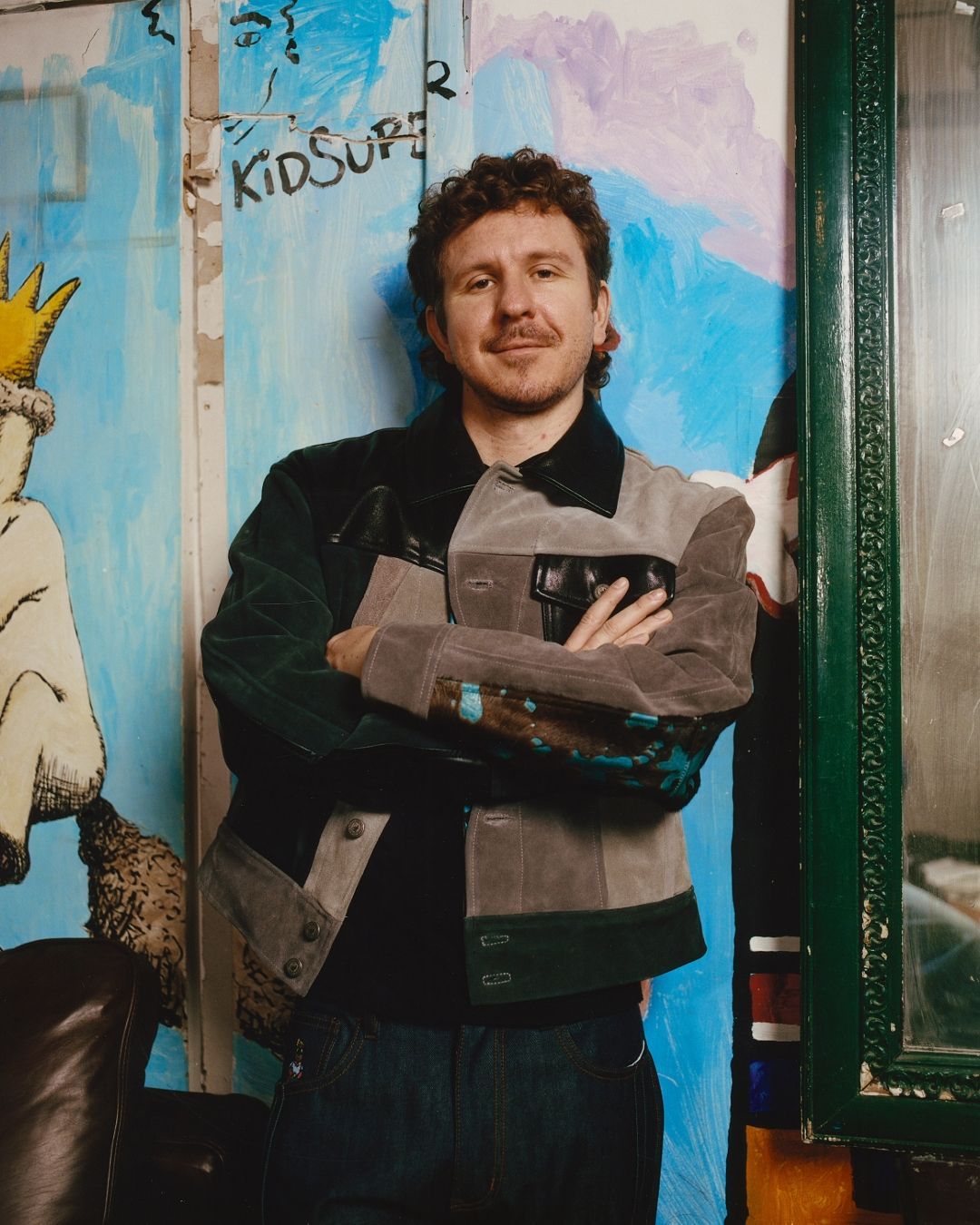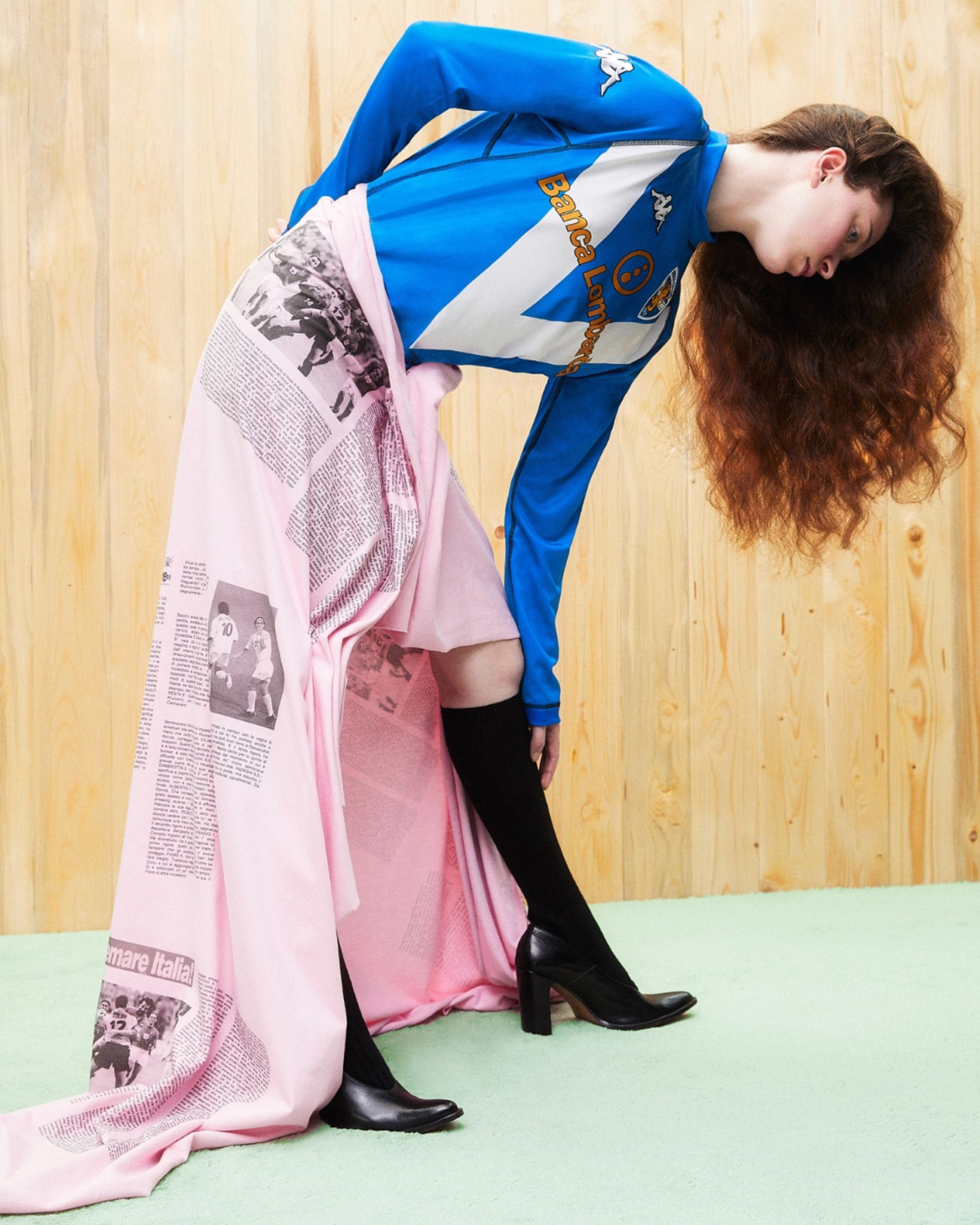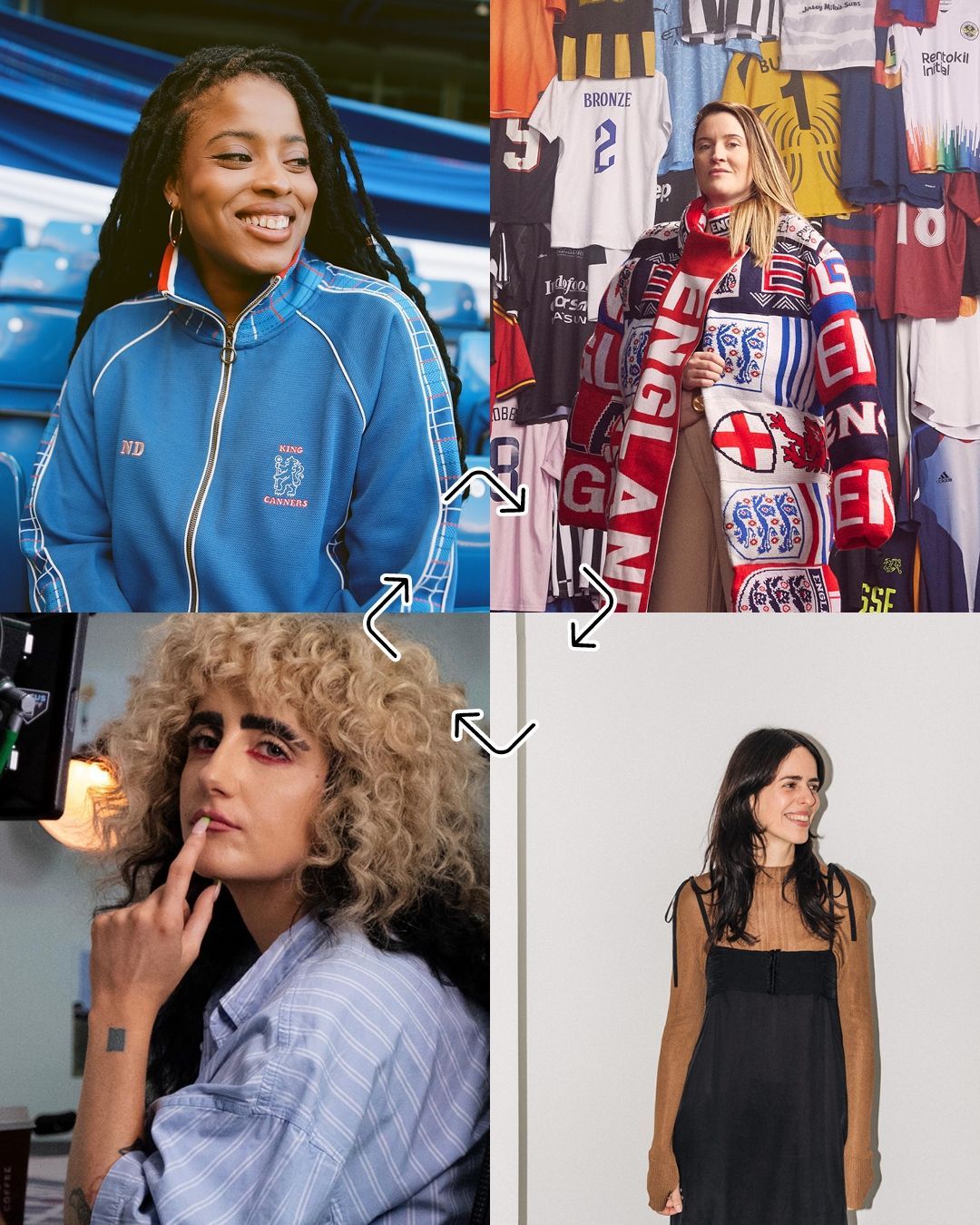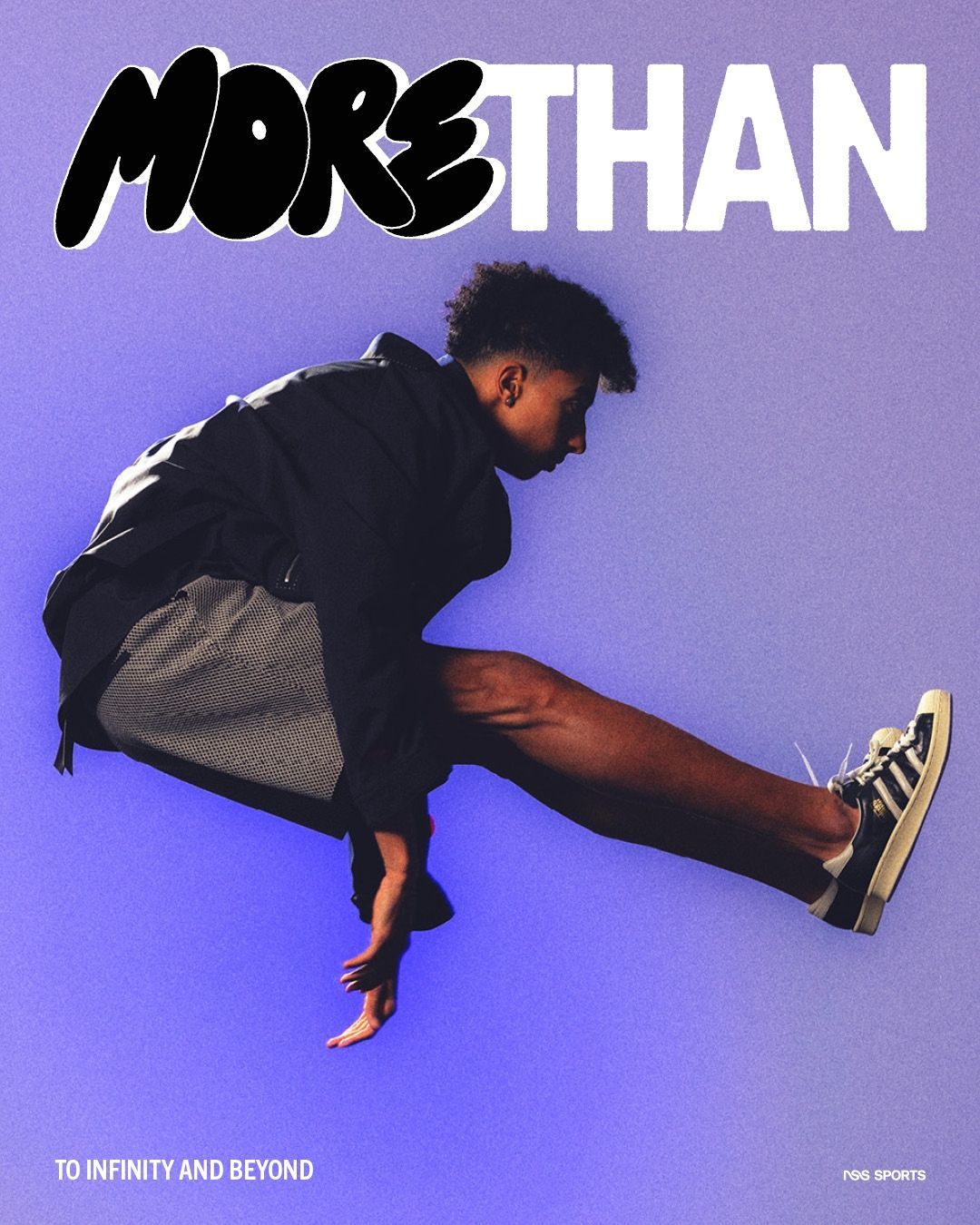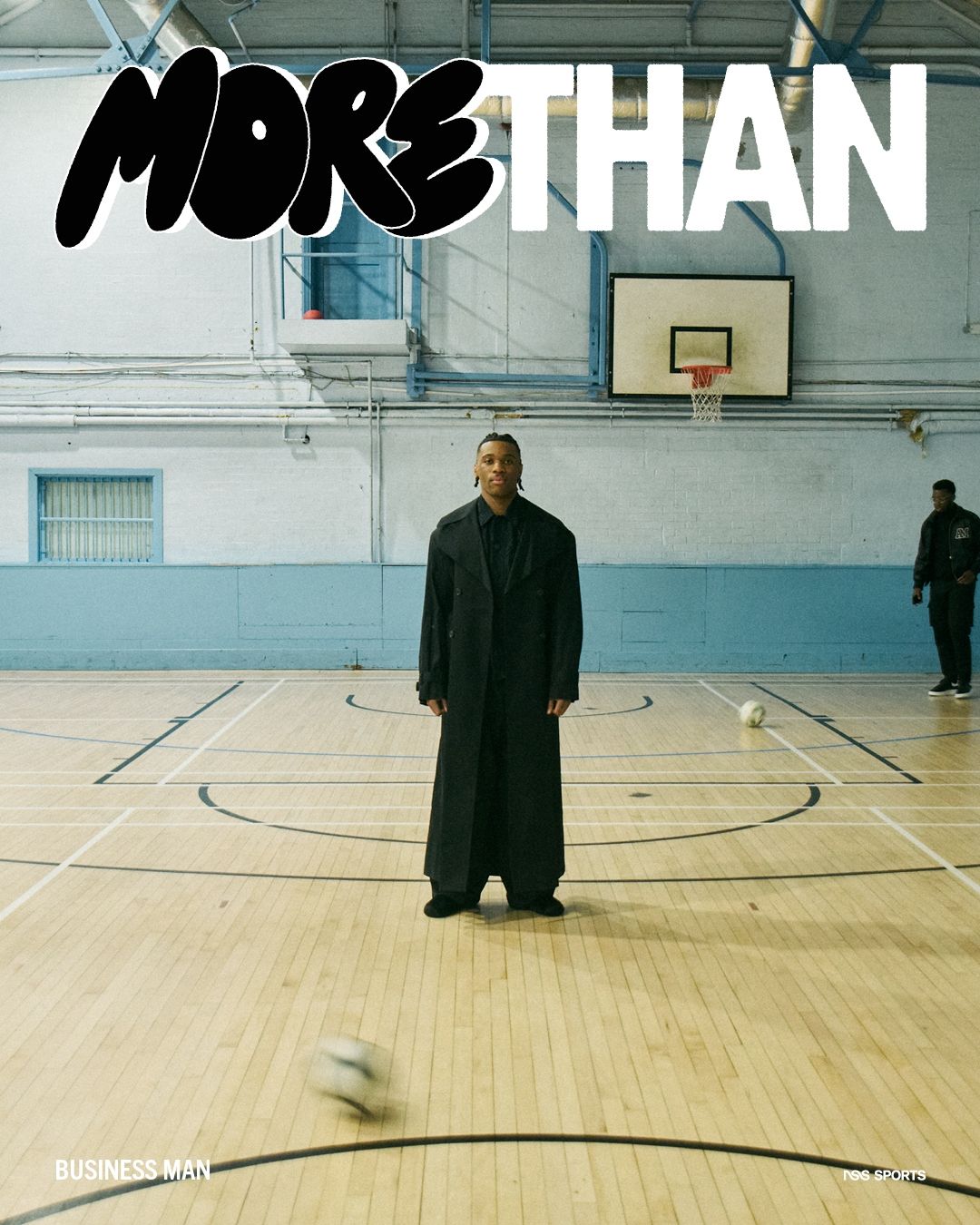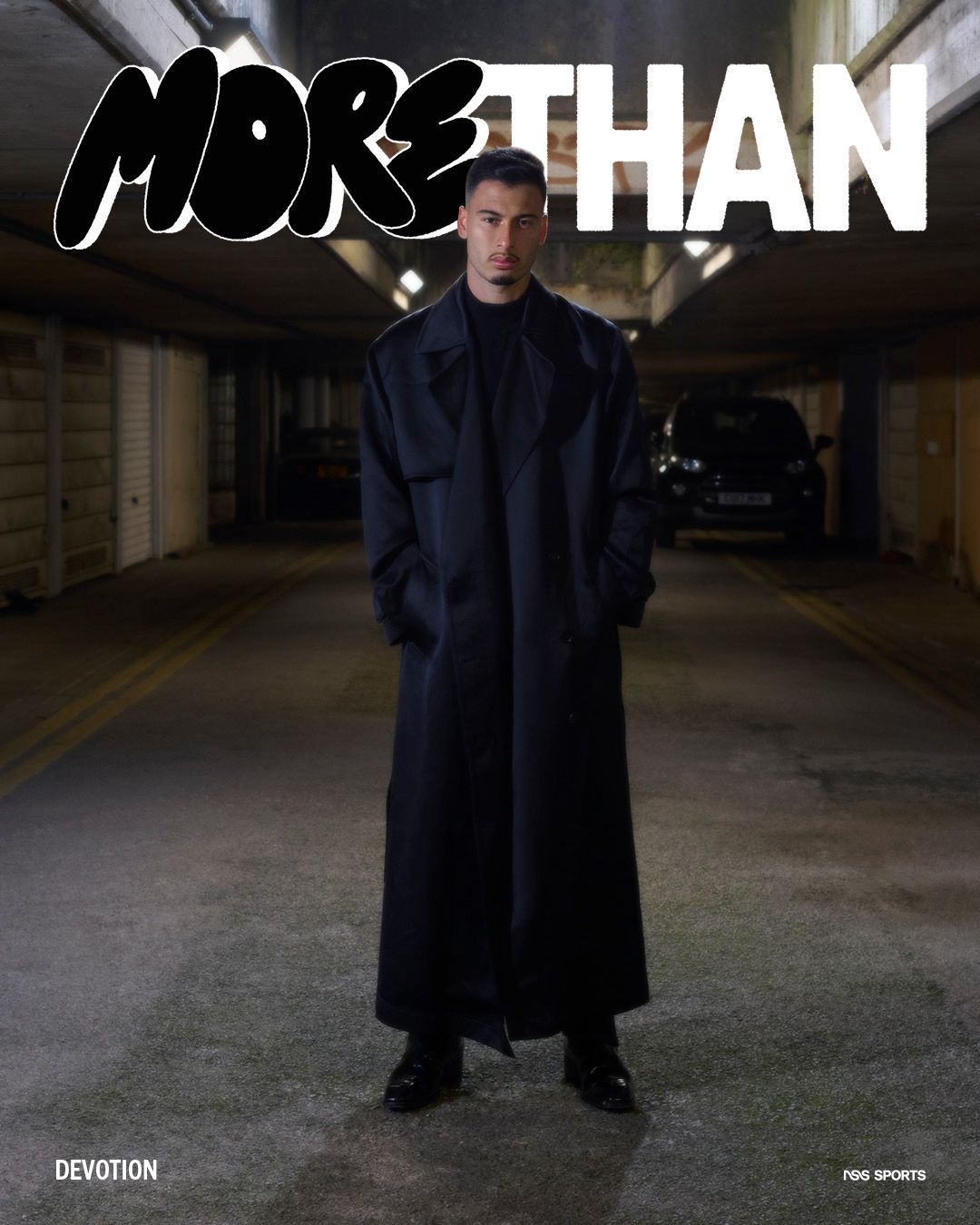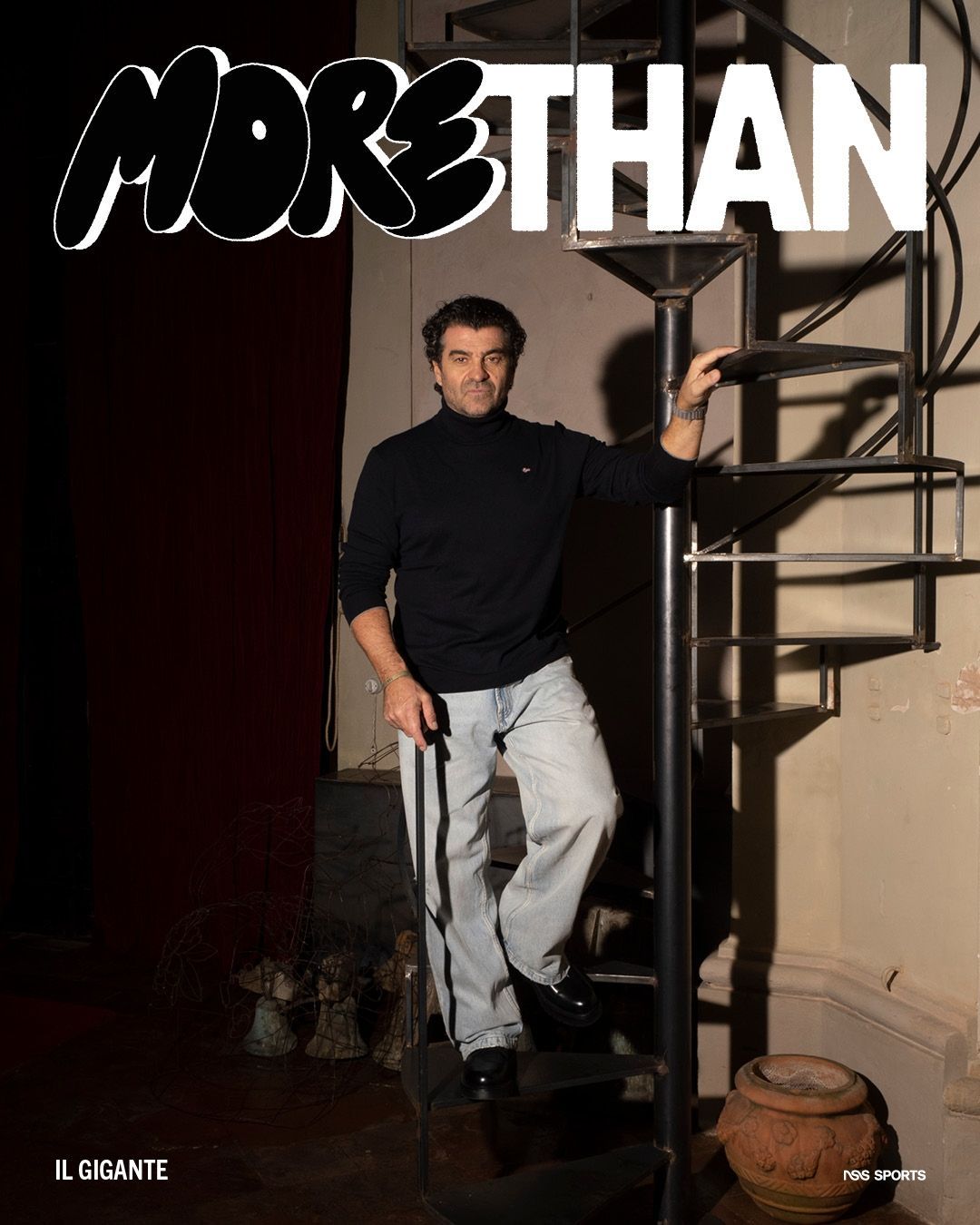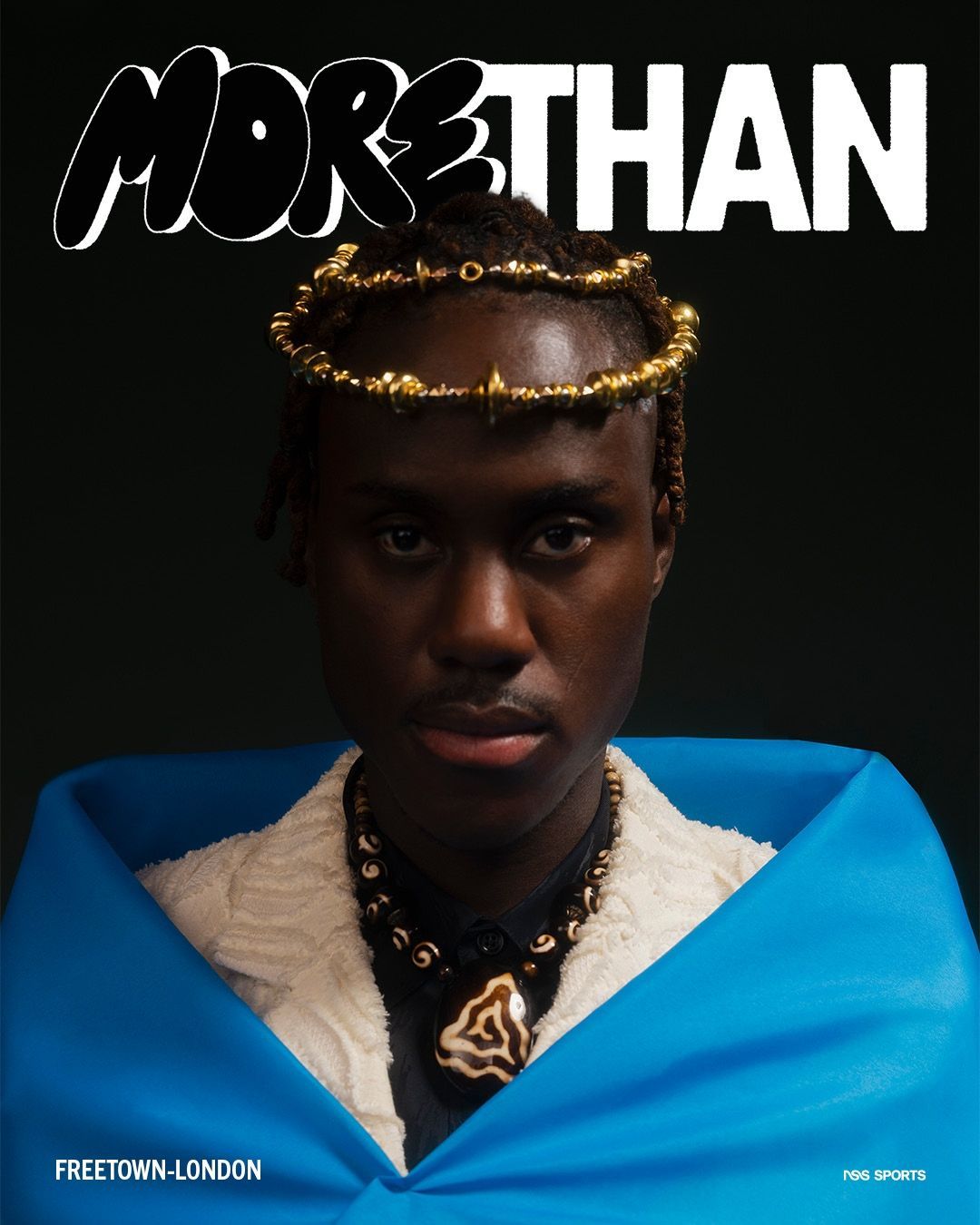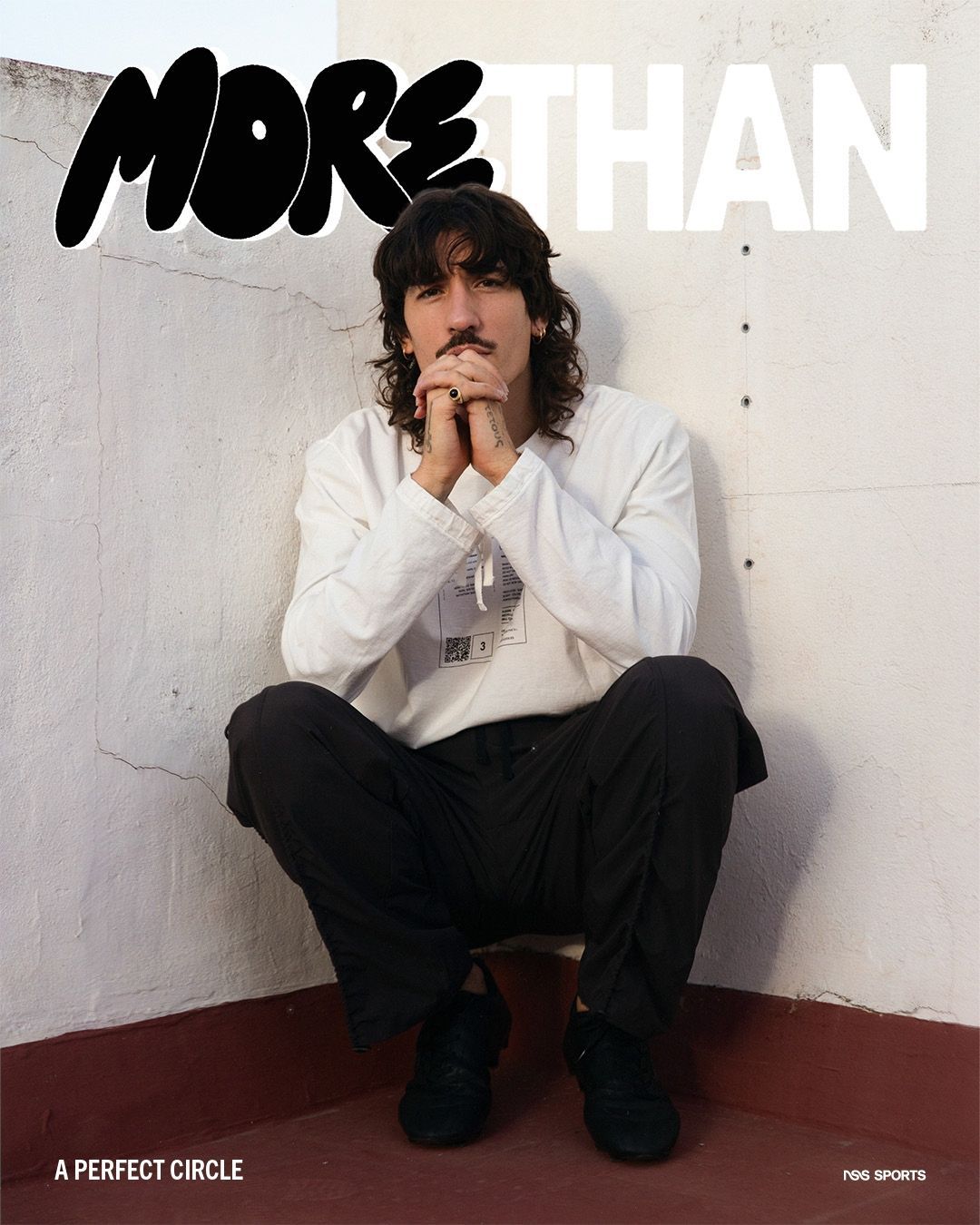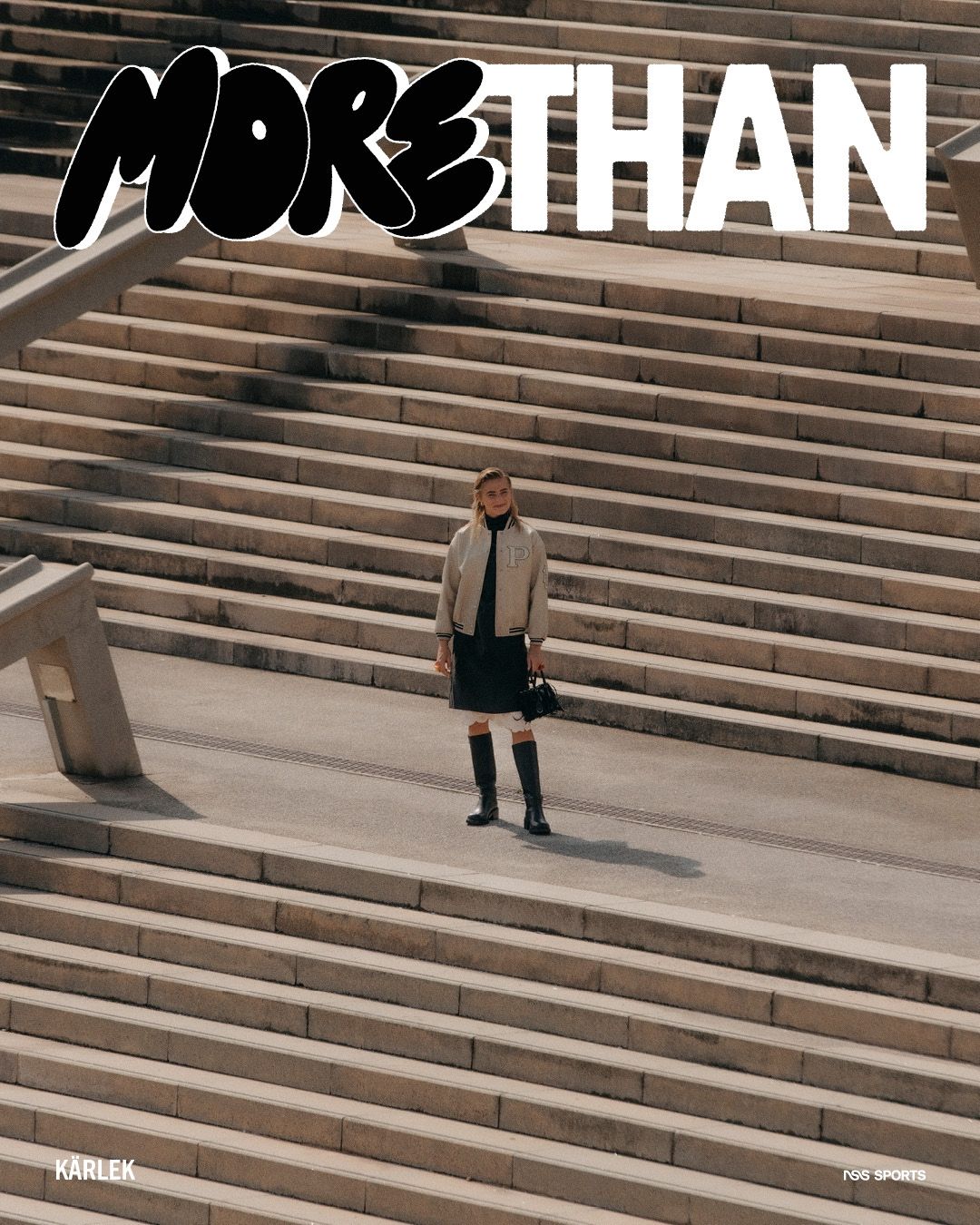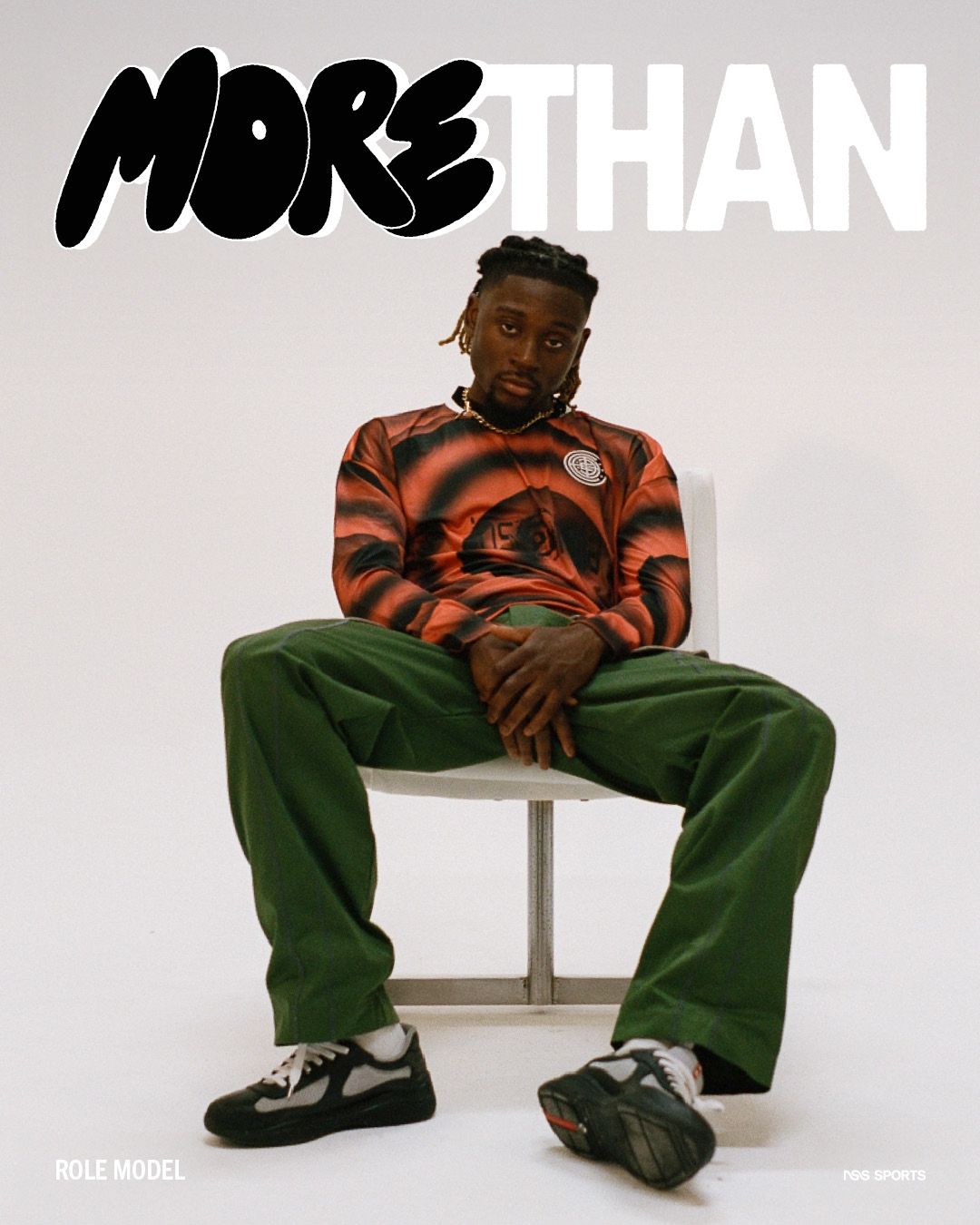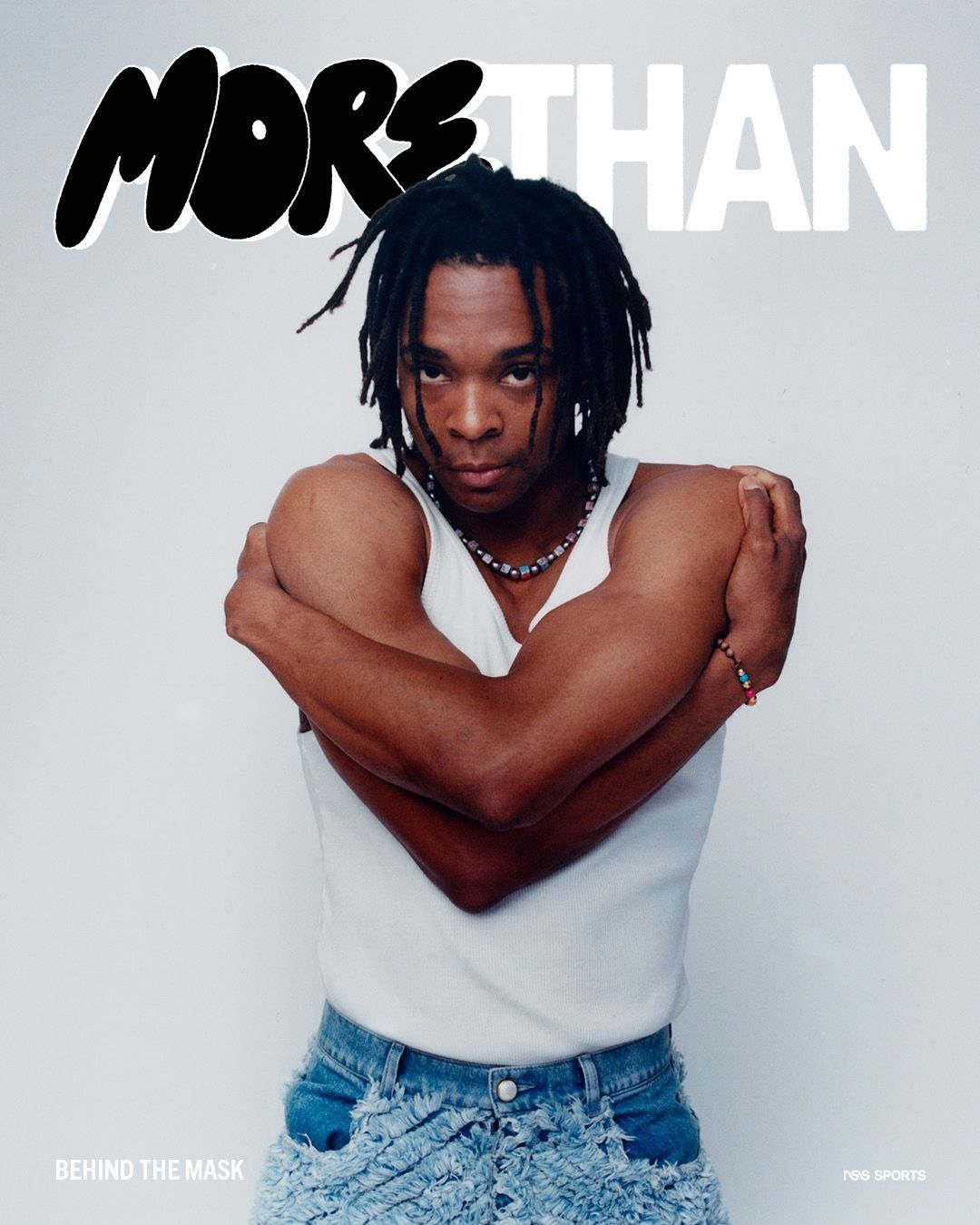
"Football is a business, but you need heart": Interview with Giovanni Carnevali We spoke with Sassuolo's Sport Director about youth, stadiums and, of course, football transfer
Giovanni Carnevali is one of those personalities we are used to seeing in oil paintings, a man who seems to belong to a different era and a different football, while at the same time managing to have a decisive influence on the balance of current Serie A football. In fact, over time, the Sassuolo Sporting Director has become a messianic figure in our football. And while he is genuinely delighted with this latest investiture, he is much more reserved about his role as the leveller of the Italian summer, downplaying his contribution to the very long negotiations that are inflaming fans' tempers. "I'm lucky to represent a club that has important players. It's a source of pride every year to have players who are requested by the big clubs. And when they are talked about during the football market period, we are of course proud because it is a confirmation of our work during the year," he tells me at the beginning of our conversation. We are in the offices of the Master Group, the company he founded that organises events and celebrations for Italian and international sport. Carnevali is sitting at his desk, shirt with initials and notebook, because he prefers to take notes by hand. "I usually live very quietly, even though I'm in a very stressful period because it's too long. We don't have a break between meetings and appointments and especially phone calls. Especially in summer, you should have at least a few days' holiday, but the football market doesn't allow that."
But Carnevali goes through the summer heat with great calm, without getting carried away by the fervour of the fans, who are constantly waiting for new news, new strikes. "For the fans, in some moments it's only important to buy a player, then it doesn't matter whether he's strong or not. Of course, that's not the right attitude, because sometimes clubs have to make targeted purchases, especially in difficult economic times." The esotericism of the football market is giving way to rationality, to planning. A word that will come up often, also to differentiate themselves from other Italian football clubs that, in Carnevali's words, "work differently". "A football club today is more and more a business, and you want to make sure that the business is healthy and works well, also by thinking ahead of the football market. Planning becomes crucial: we have to think now about which players we can market, which players are transferable and which we have to try to build a solid base on. That's why we have an important scouting office, which is coordinated by our sports director and has to get an early idea of the players we might be missing in order to share them with the coach and act accordingly. And because negotiations are always much more complicated these days."
For Sassuolo's Sporting Director, there are in fact no magic formulas, secret algorithms or supercomputers that are switched on 24 hours a day. The only real rule he has given himself in recent years is to complete all transactions in the shortest possible time. "I don't want to stay until the end and be forced to make decisions that are dictated by haste. We see how many moves are made just in the last few days, especially if you have requests and you think your player can stay with you today anyway, then there might be a last minute request instead and that can cause problems." The thought immediately goes to the many players who grew up at Neroverde and became protagonists of the summer's buzzwords, from Scamacca to Frattesi to Berardi, who remained captain of the Emilian club this season. A continuity of results that cannot be separated from the underlying process that has allowed a club like Sassuolo to sail in Serie A for more than 10 years, also achieving important European objectives.
In fact, this is Sassuolo's 11th year in Italy's top flight, a period in which both Serie A and the team have changed. "Sassuolo have made it their mission to rely a lot on youngsters, on Italians, and in that time the guys you relied on at the beginning have matured, they've grown up. Perhaps nobody could have imagined that Italy would become European champions with four Sassuolo players in the group, and that's part of the club's growth path, always focussing on this way of working" Carnevali believes that all the players who have passed through Sassuolo's academies are part of the family: "The boys are our reservoir, they should be the engine of our association, which should help a little more in this direction." And they are the model with which Sassuolo wants to change Italian football, a change that also and especially looks abroad. "Sassuolo is no longer a club that is only seen in Italy, but also abroad, and that means that the work being done here is important," Carnevali tells me again, "I was recently in England and spoke to some English clubs, Sassuolo is being used a bit as a reference point." In fact, the Sassuolo model has become a studied and recognised international case, also thanks to the excellent work of De Zerbi at Brighton, which was highly praised by Pep Guardiola.
Sweeper Keeper, the ball always on the ground and organised pressing have become the hallmarks of Sassuolo's philosophy on the pitch over the years. "We always have the will to continue with this strategy and also try to offer beautiful football, because at the end of the day you can recognise that in the football you play, in the football you offer and in the way you deal with important teams too. It's a fact that we've won a few times, even against top teams." And off the pitch, Sassuolo remains proactive and local, investing heavily in the region and in developing a footballing and different future. "I firmly believe in the work that Sassuolo Calcio's youth sector is doing. In these years we have achieved good results and we believe that this is also the way to get boys to play, because at the end of the day these boys have to make their debut in the first team," emphasised Carnevali once again, who also takes into account the decisions of the FIGC and other clubs.
"This new legislation on the talent return has meant that today you have to make concessions when buying a foreign player, which is a bit rubbish. You should have the concessions on an Italian player to find a way to help clubs that invest in the training of young players. Above all, it would be necessary to have ideas that are a little different from what is being pursued now, because the path we are following is definitely not the right one," explains Sassuolo's Sporting Director, who points out some of the mistakes he believes are being made in Italian football and in Serie A in particular. "Today, football lives from television rights and we are struggling. We need a lot of management skills that weren't there before and that we now want to finally introduce." Carnevali does not rule out a new collective agreement or special platforms that could help the entire industry improve its core competences, but as with the buying and selling of players, he is not guided by fantasies.
"We are all trying to find other forms of revenue opportunities, for example through events and not just ticketing, with hospitality areas and not just through fan experiences or merchandising. But so far, these are all only minimal revenues. Let's put it that way: a club like ours today lives from TV rights and, above all, from the sale of players, because we don't have the box office takings of other big clubs." And the bitter situation of our football is well illustrated by the old, dysfunctional and impossible-to-replace stadiums of the Serie A and B clubs, which mark the difference between the current Italian landscape and that of other European leagues. Carnevali is adamant on this point too, not excusing the clubs' delays but pointing the finger at an entire system that is not helping Italian football to renew itself. "Perhaps we also have the desire and the will to create something, to build stadiums. Then we see that the political part takes over, the part that we have, the whole bureaucracy that doesn't allow us to do that. It's clear that a whole series of things, even the facilities, even the stadiums, mean that Italian football is not at the top today. The facilities, the stadiums are outdated, they're old and don't allow us to catch up with other leagues."
What Carnevali says certainly doesn't sound like news, but is a sad reality to be reckoned with, and at the moment few clubs in Italy have taken up the challenge. Sassuolo, for example, had the opportunity to invest immediately in a stadium and the club's training facilities, creating a sustainable and forward-looking model on which the team's successes can be built later. "As Sassuolo Calcio, we have our own stadium and a state-of-the-art sports centre, in which we have invested a lot. You try to have a bit more of a long-term vision, a bit more of a vision for the future, while others perhaps focus more on the immediate and invest less. But that's also part of our own business strategy." A circular concept that looks to the future, in which each link is equally important by interlocking and thus strengthening the structure. "We have the coach of the youth team, who occasionally goes to the 'coach of the first team to see the first team or vice versa, the little ones who see the little ones who see the champions," Carnevali continues as our long conversation draws to a close.
"Today, football is mainly identified with the first team that plays on Sundays, then there's a world behind it instead, made up of football schools, events for families and charitable projects like our Generazione S. I am convinced that all clubs, whether big, medium or small, do a lot for social work," explains Sassuolo's sporting director, who is trying to look at a side of football that is perhaps less talked about, but is no less important. On the contrary, the role of a football club should be to give meaning to a community and enhance a city. Carnevali also recognises this and envisions a football that looks to the future without losing sight of the past. "I consider myself lucky because I still have one of the most important Italian families behind me, so I also have an opportunity to interact personally, which is probably still, yes without probably, because it's still a matter of the heart, it's not just about business. Instead, you go in a direction with foreign ownership, funds, of which there is a discourse that just has a lot more to do with the real business. In football, in short, there needs to be passion, ideas as well anyway, but it needs passion, it needs heart, it needs joy, a whole range of things that are slowly becoming a bit less."

